
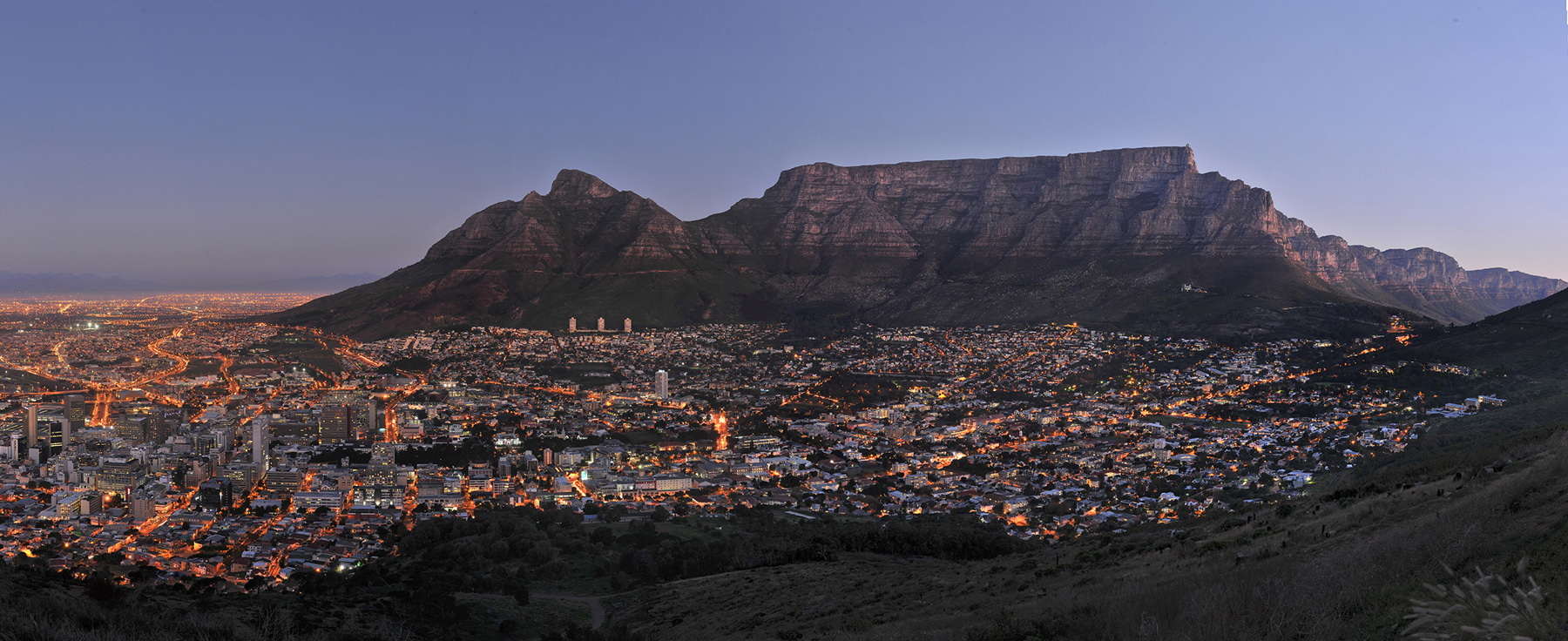
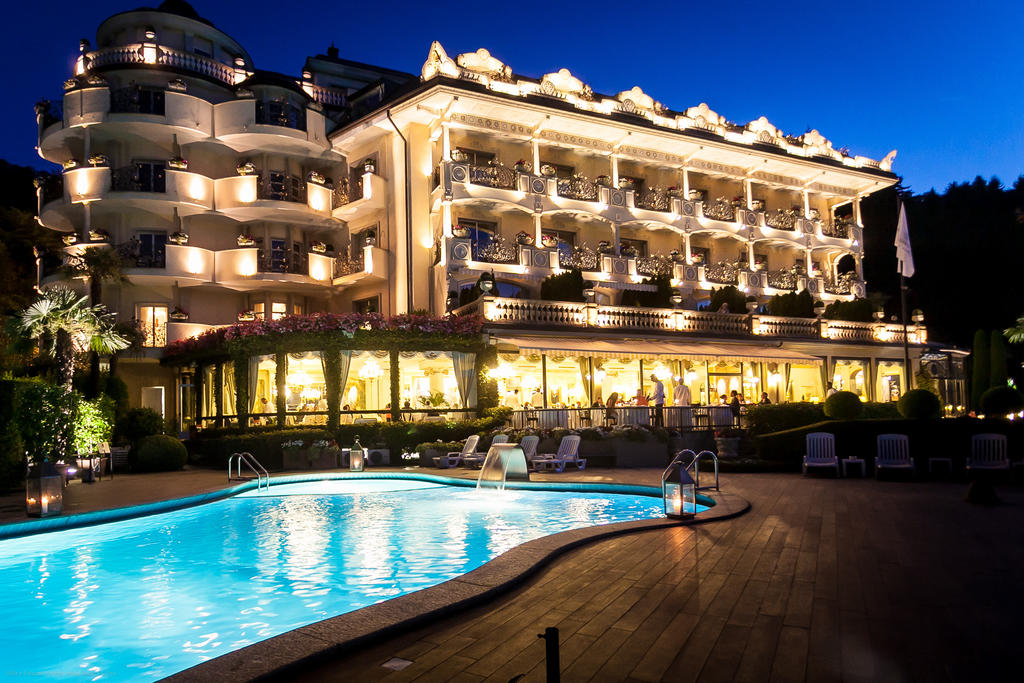
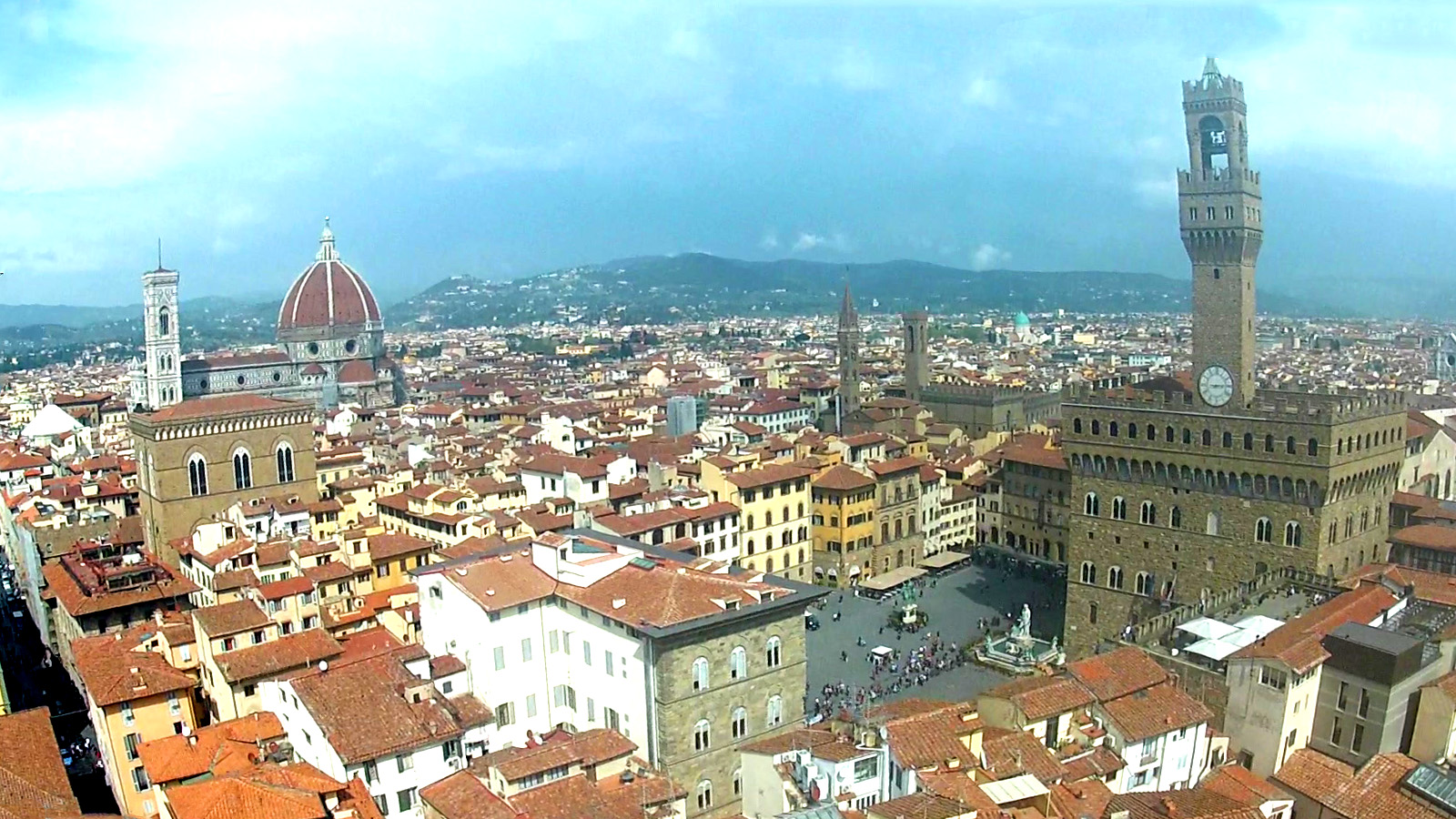

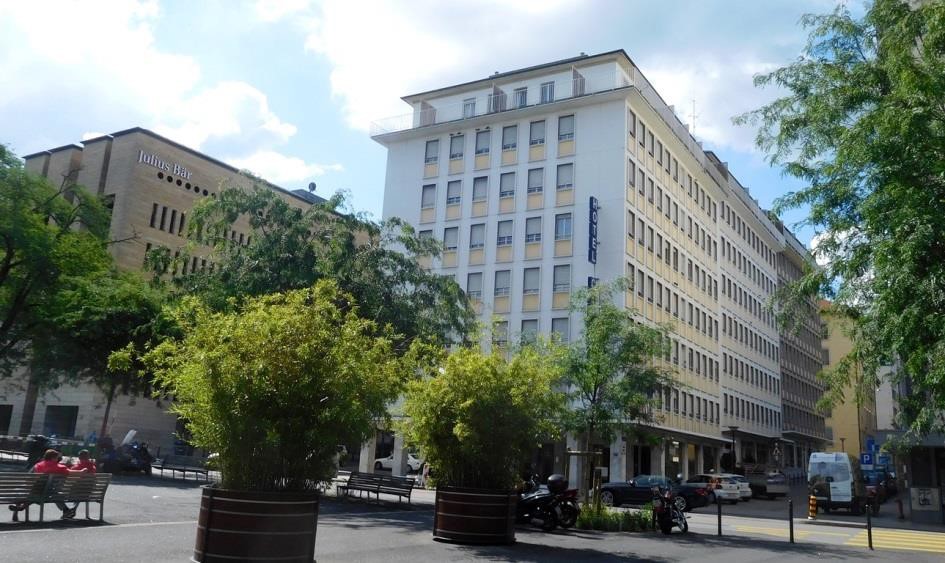
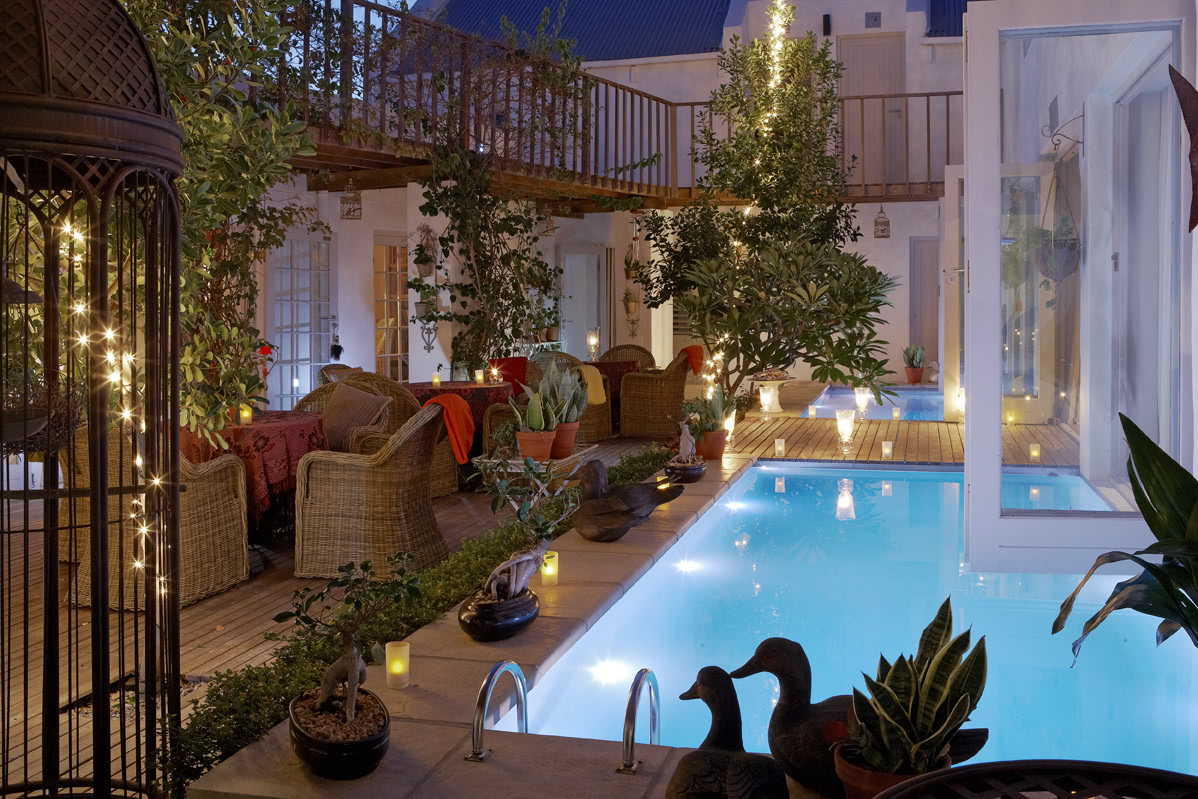
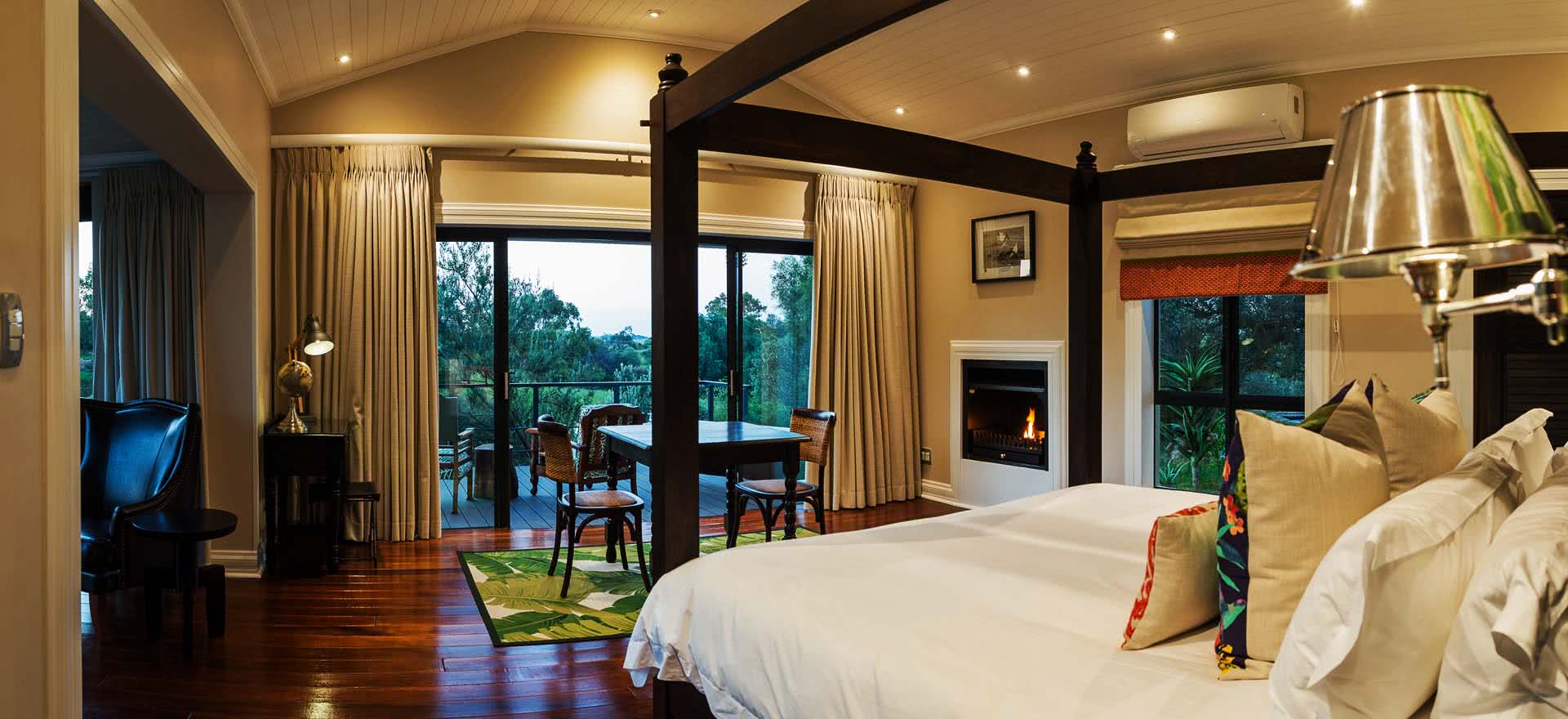
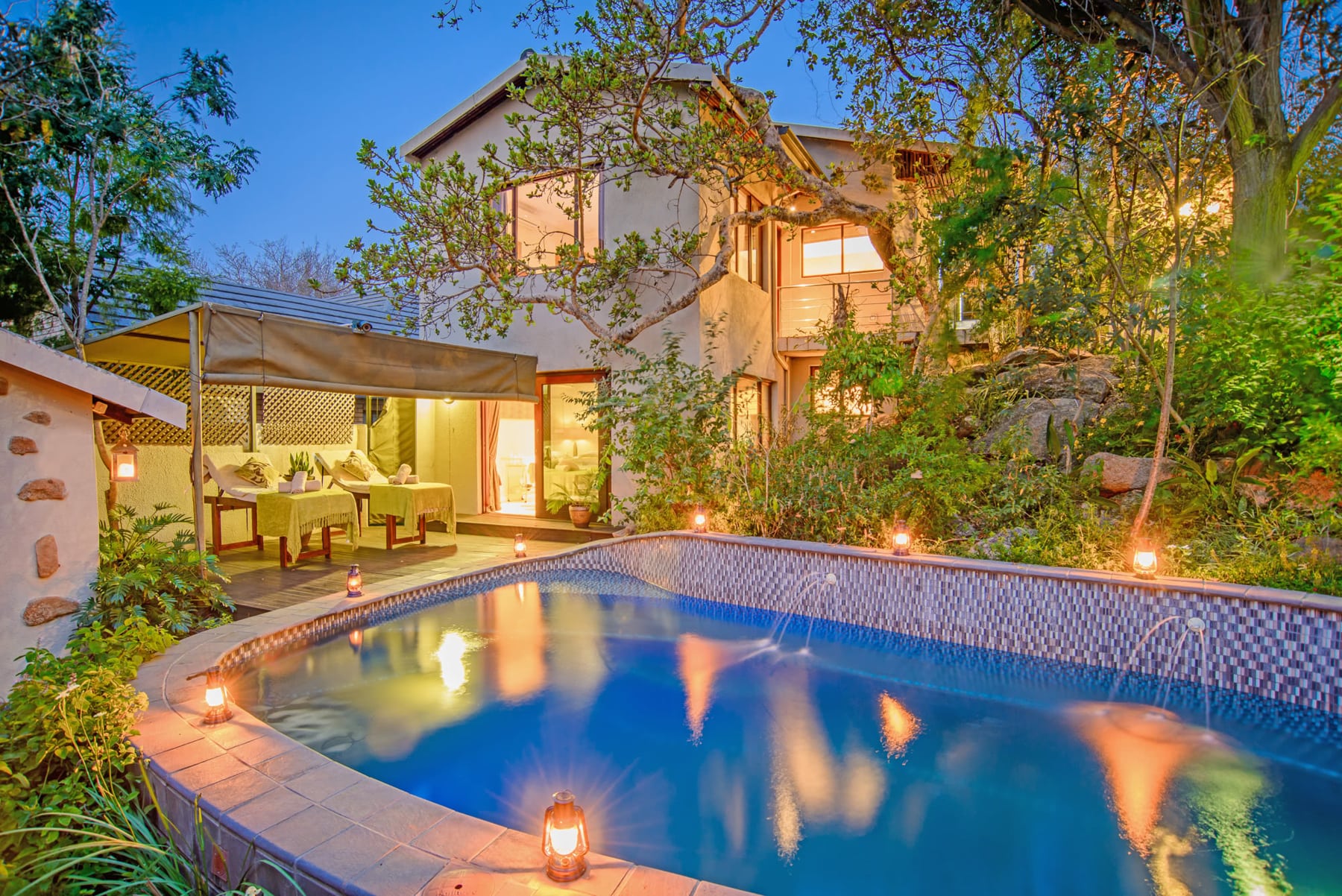

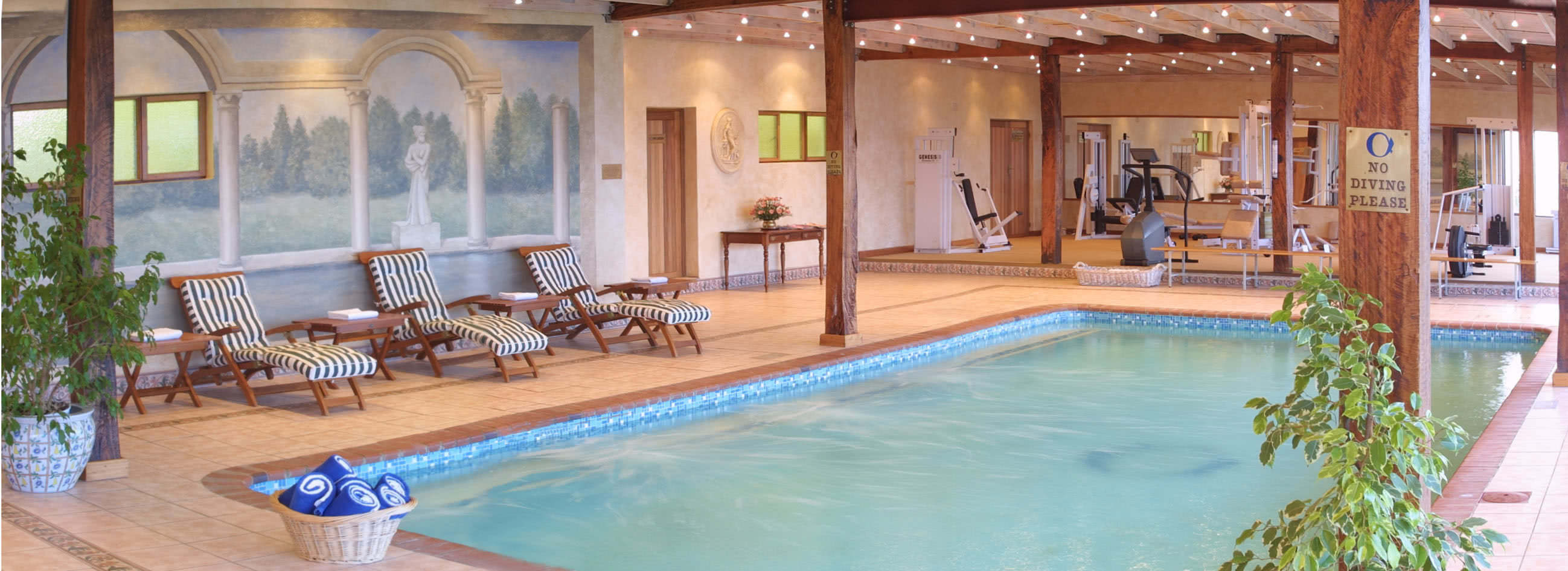
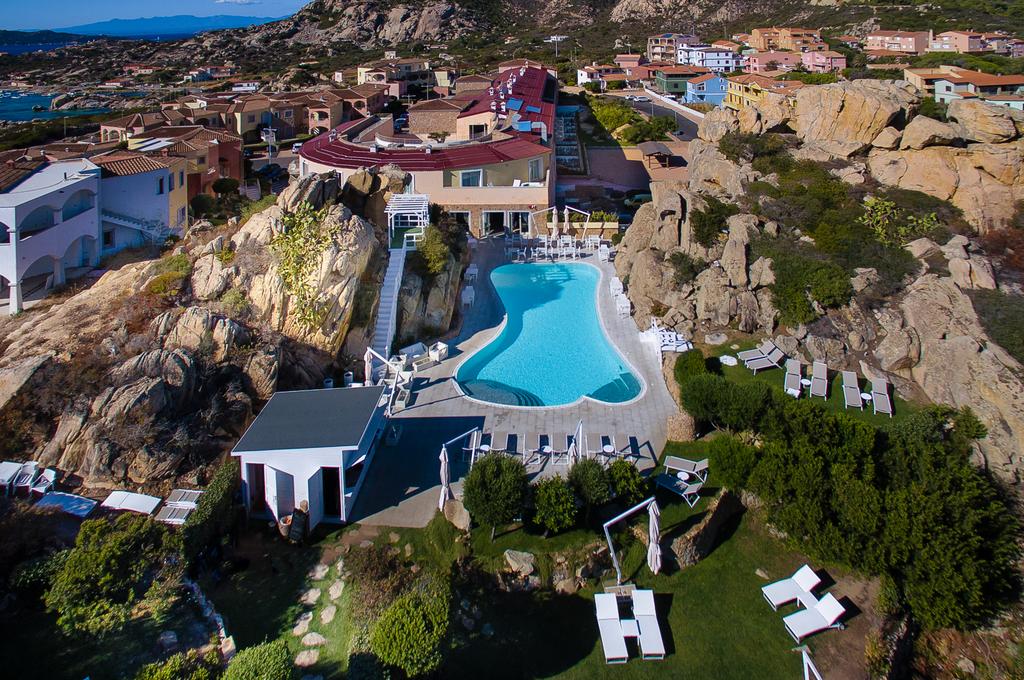
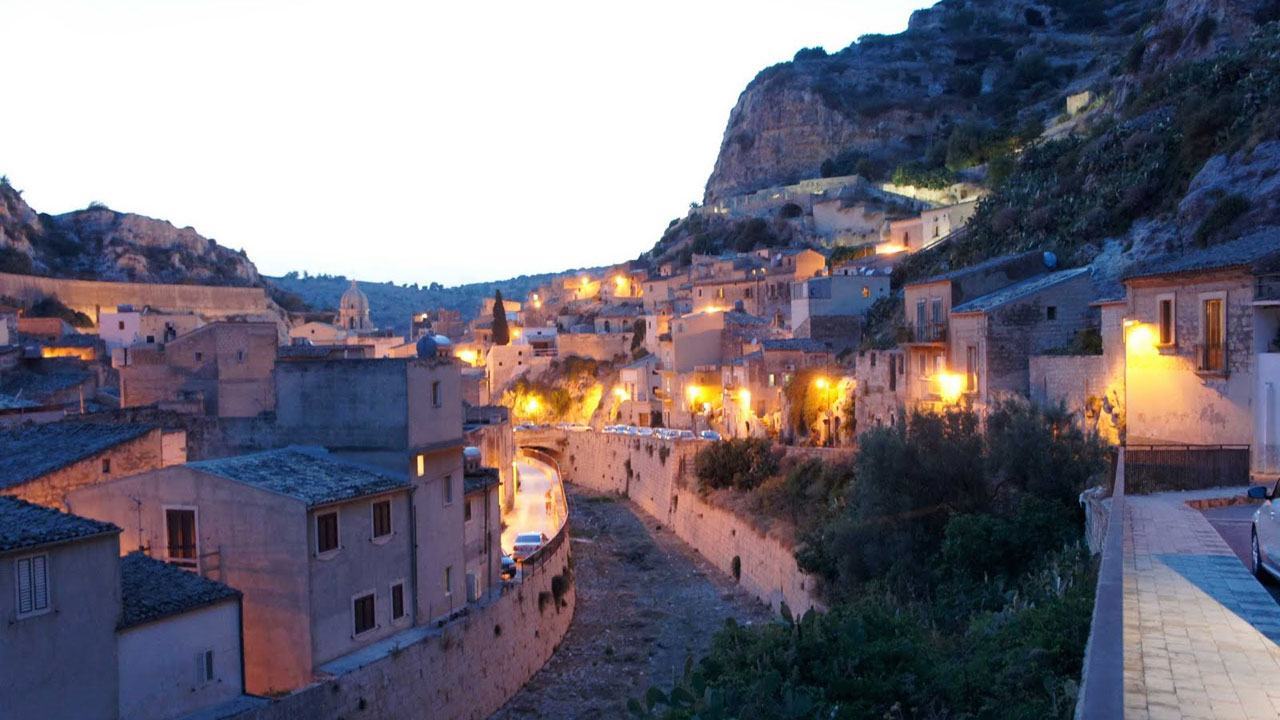
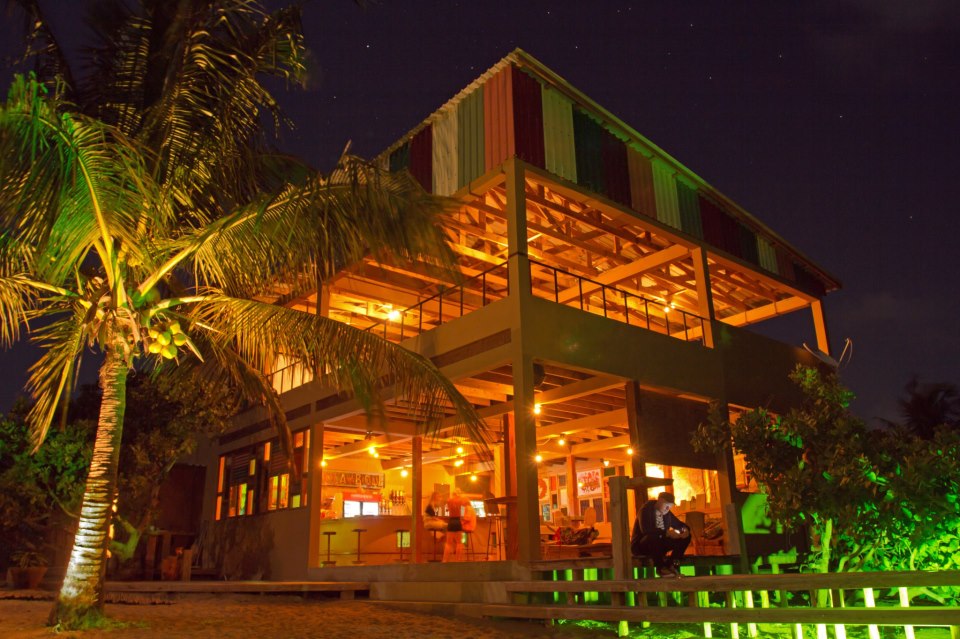
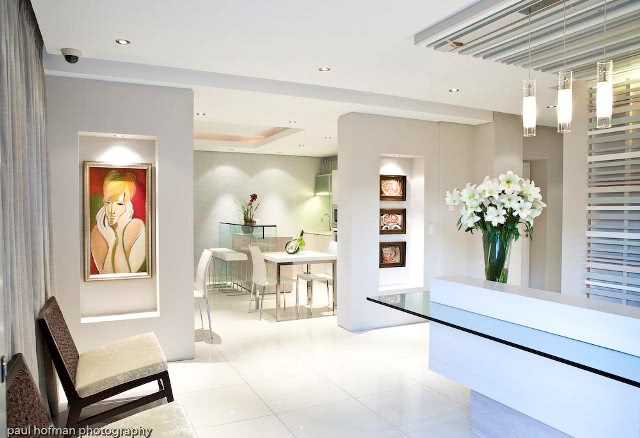
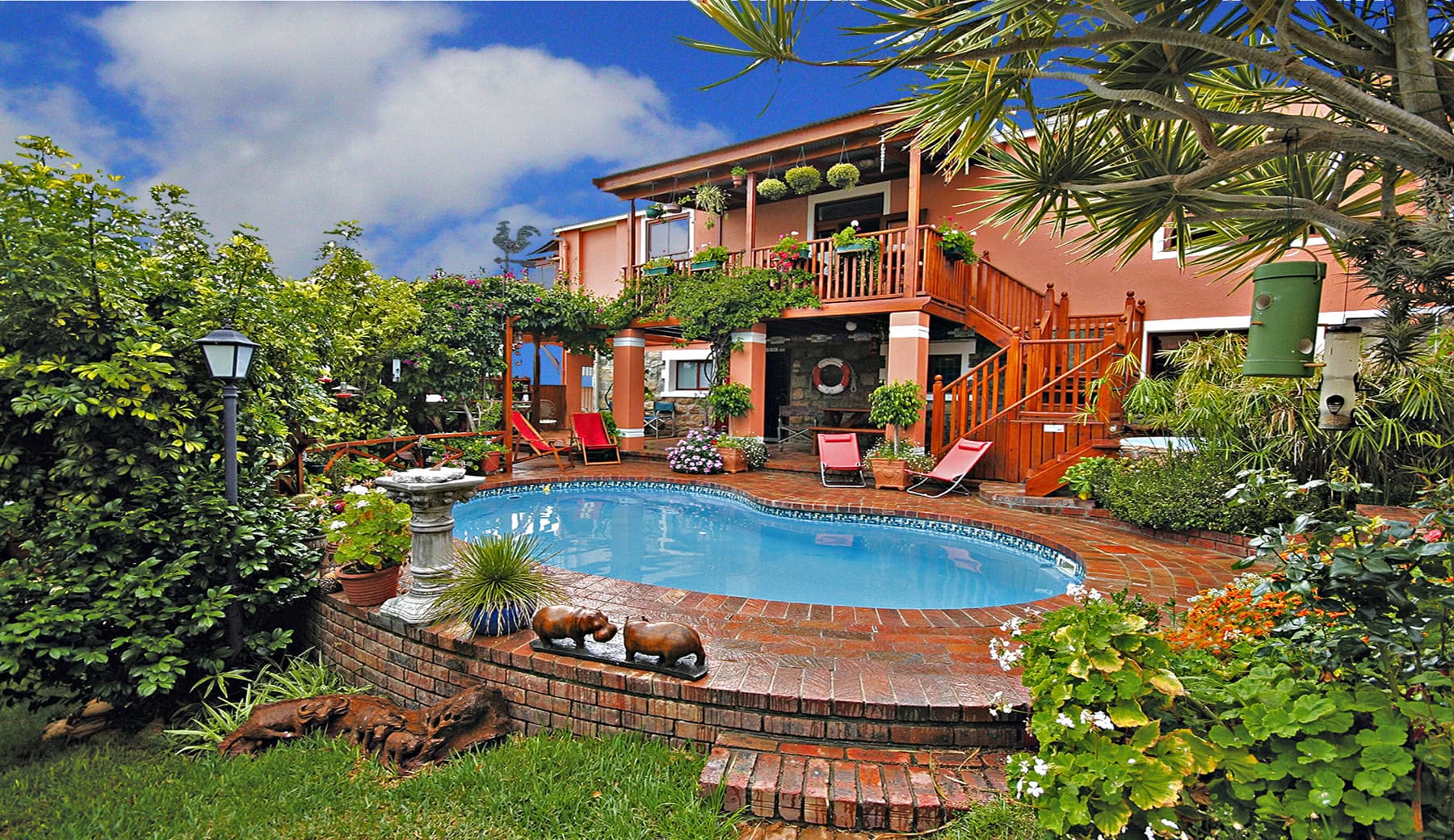
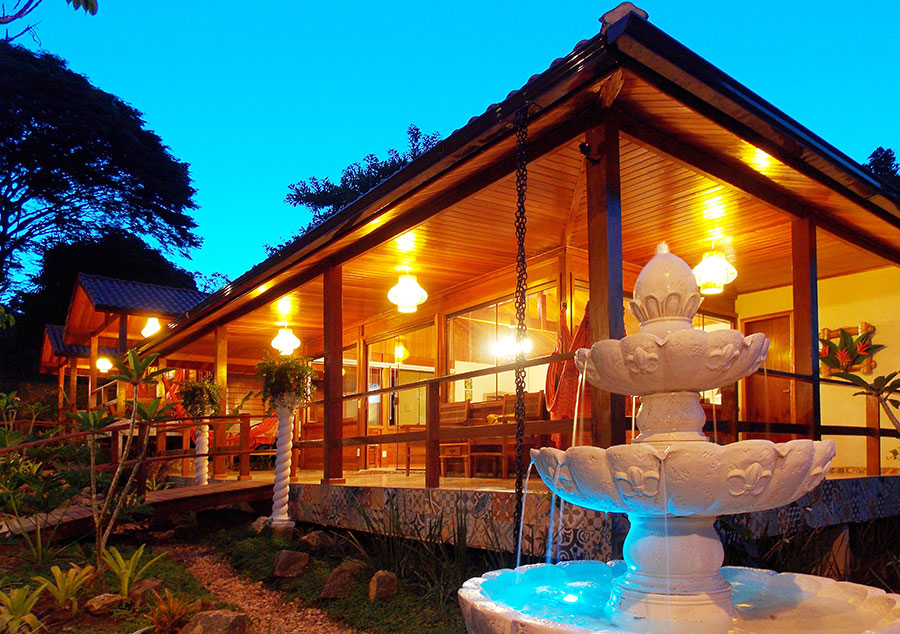
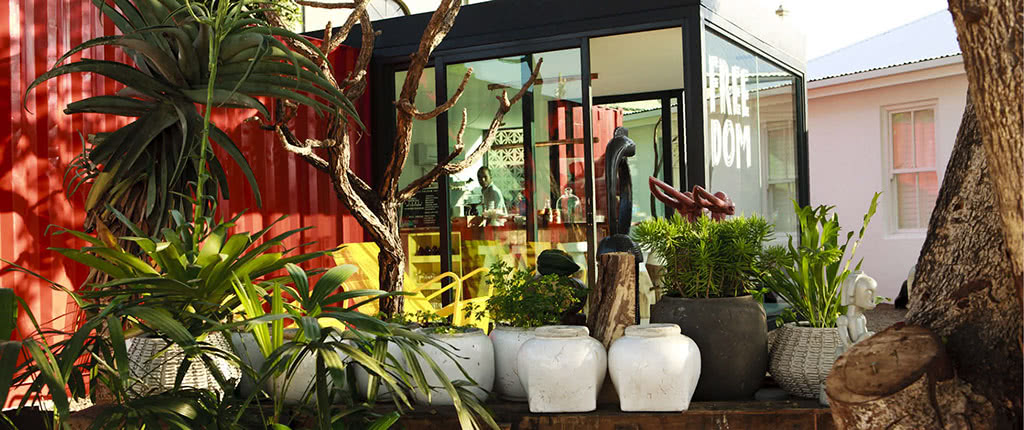
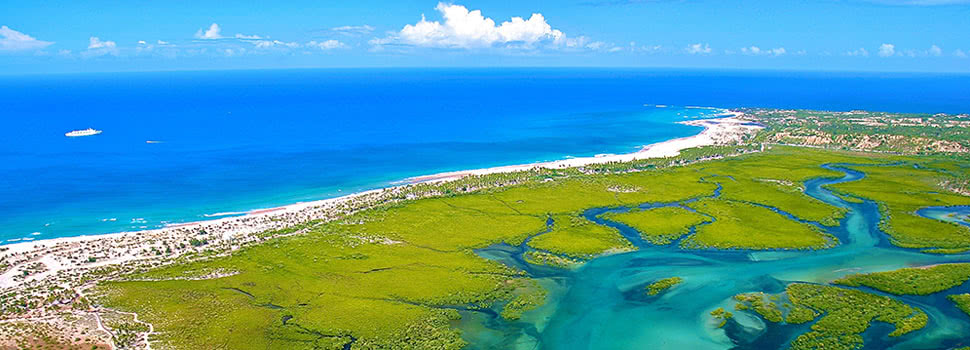
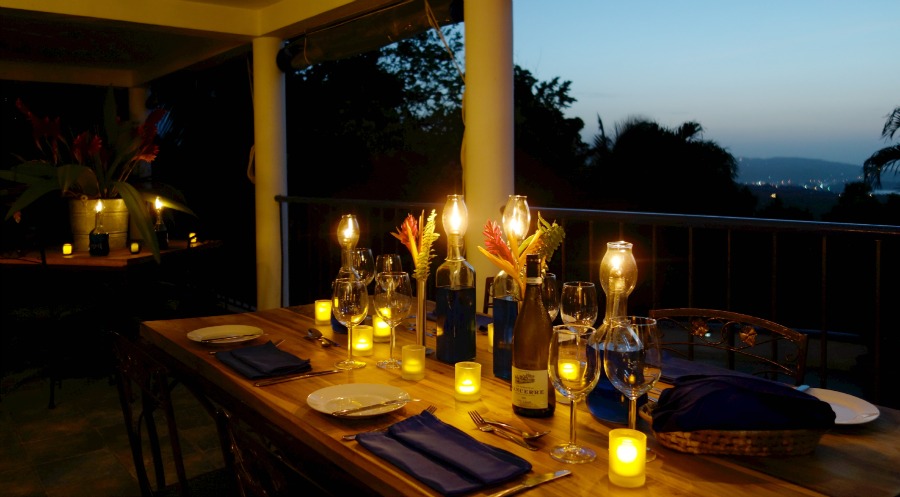
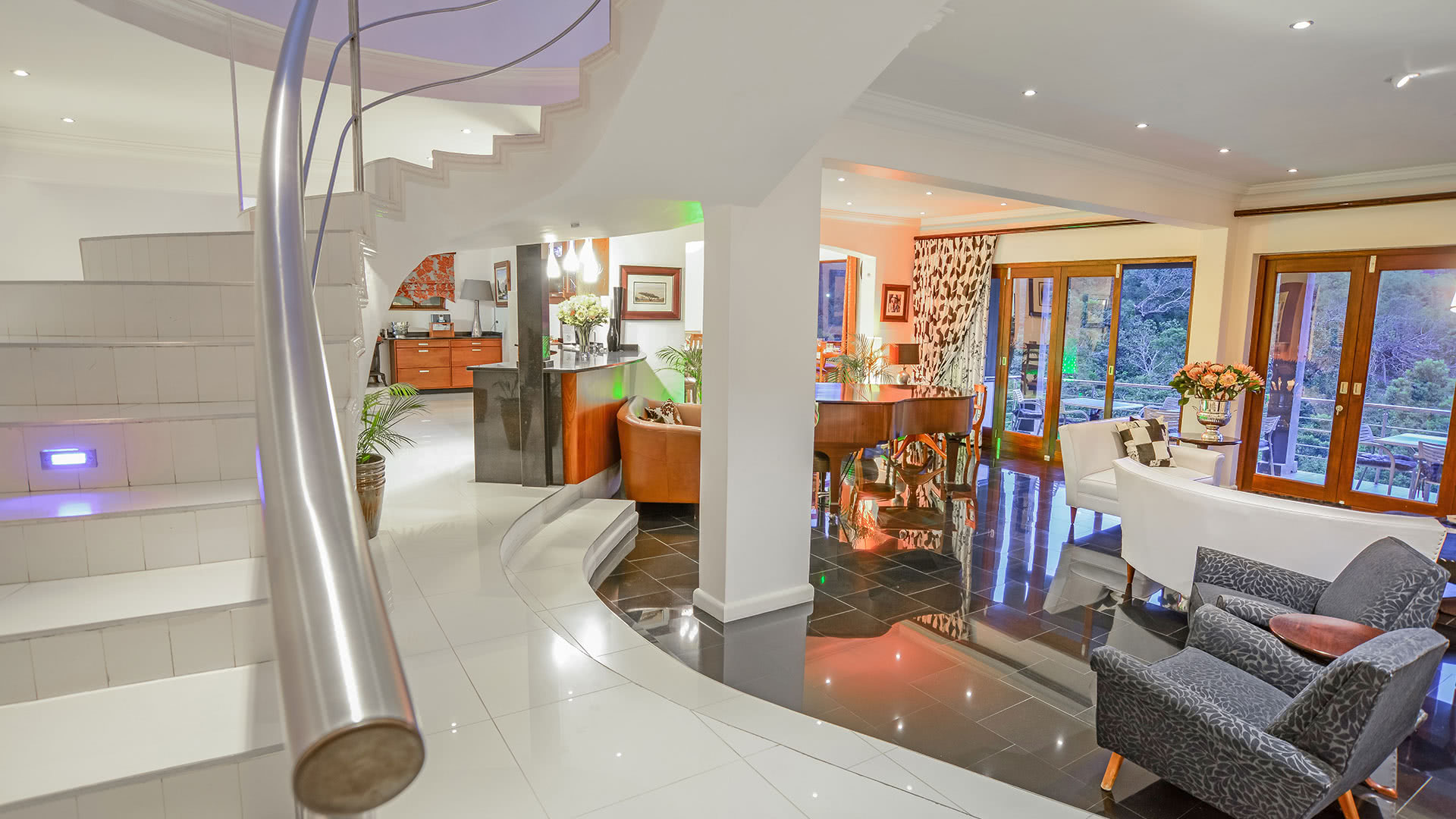
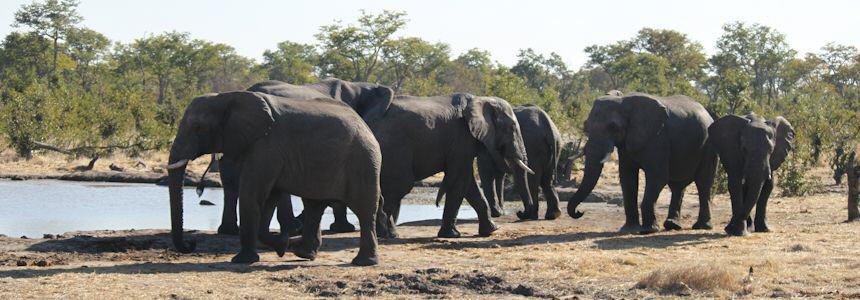
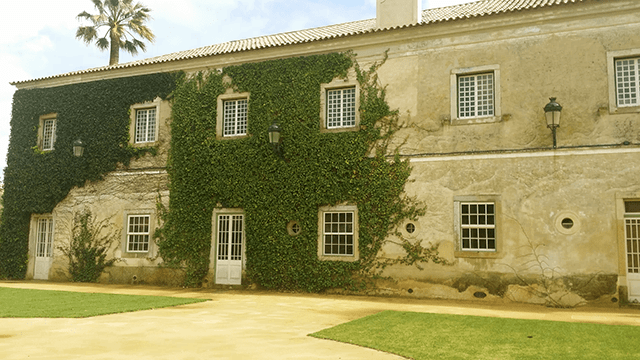
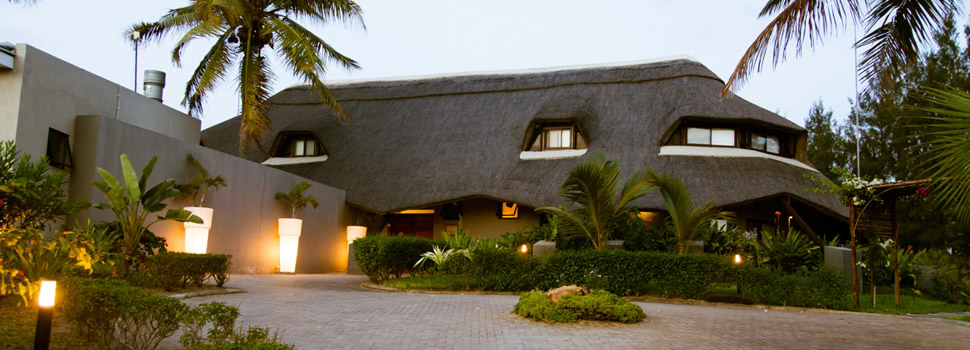
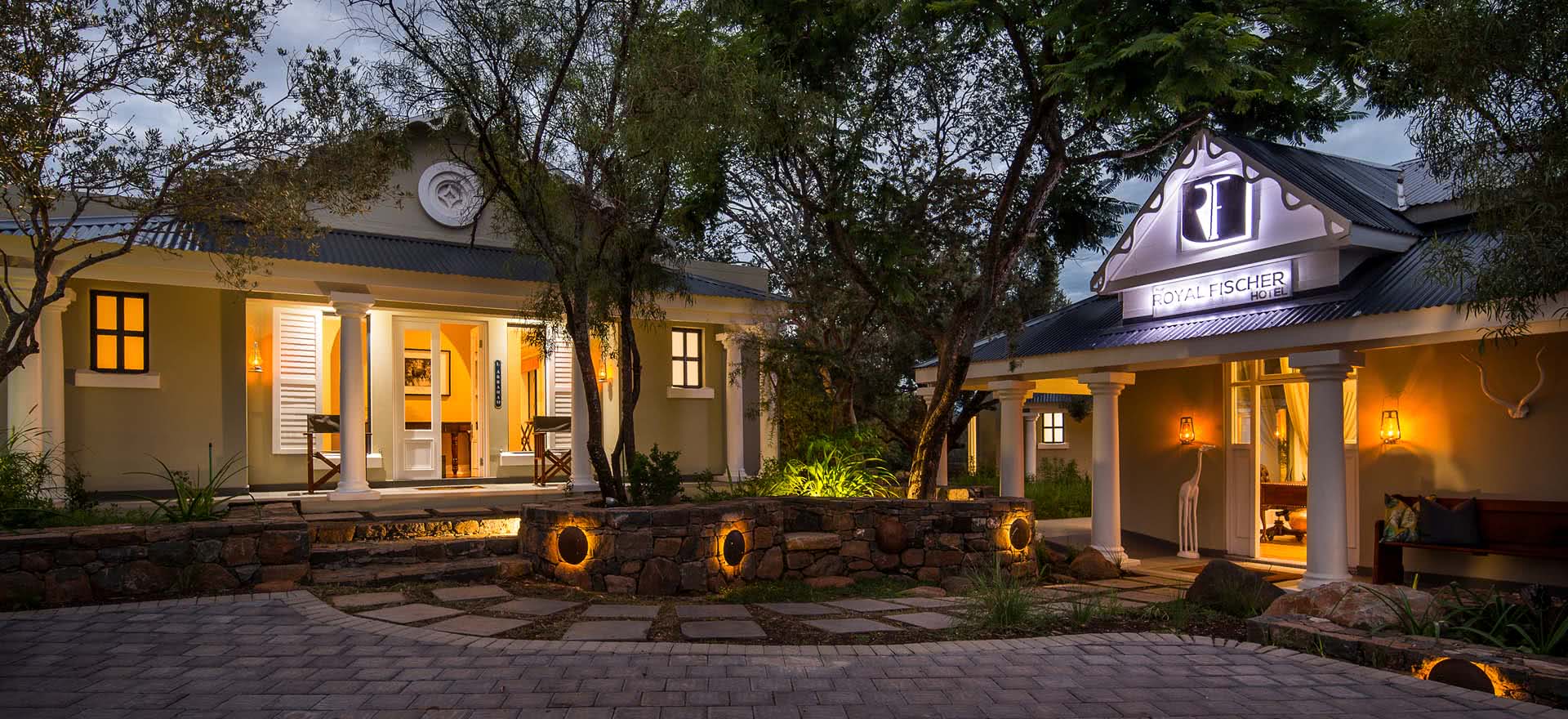
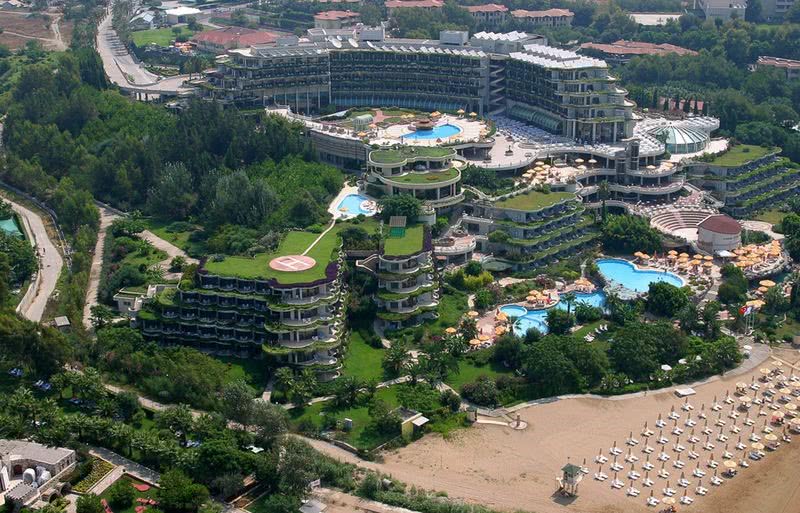
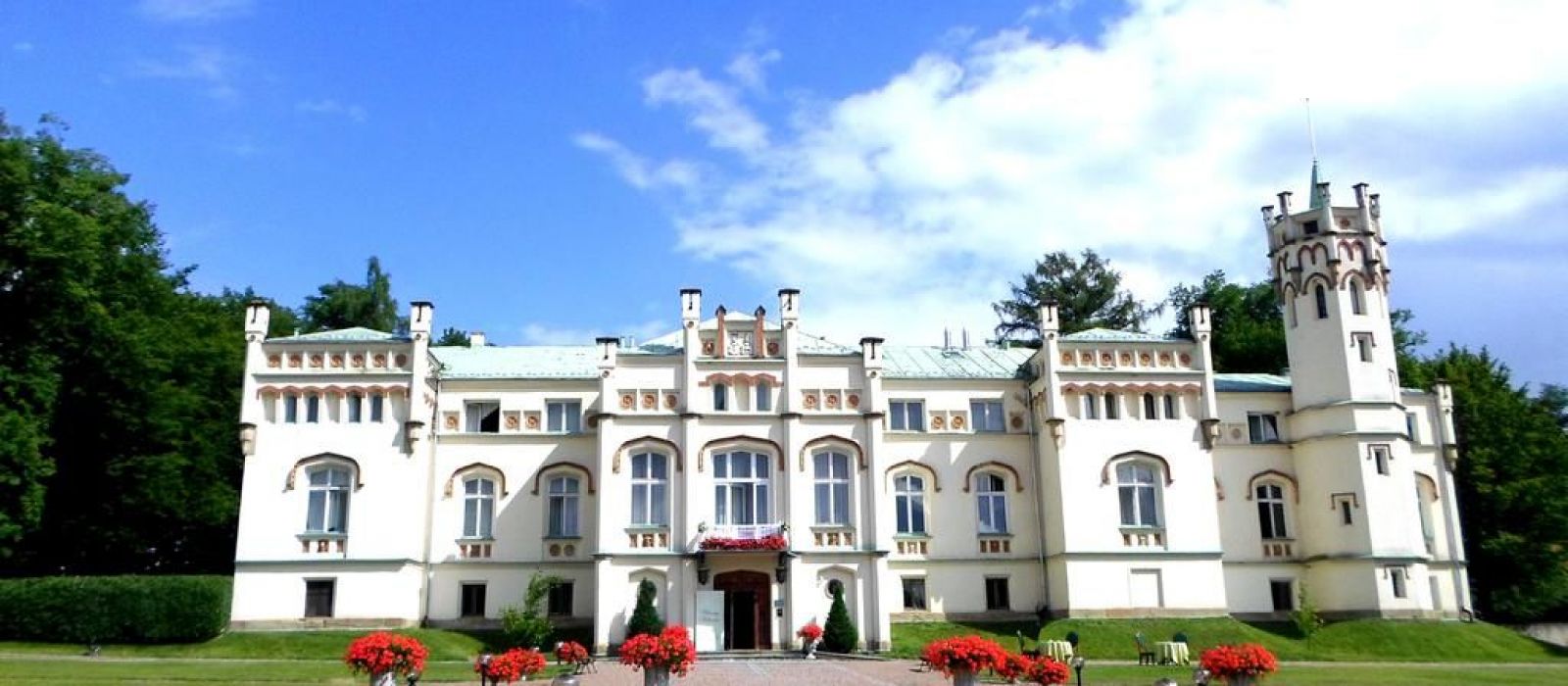
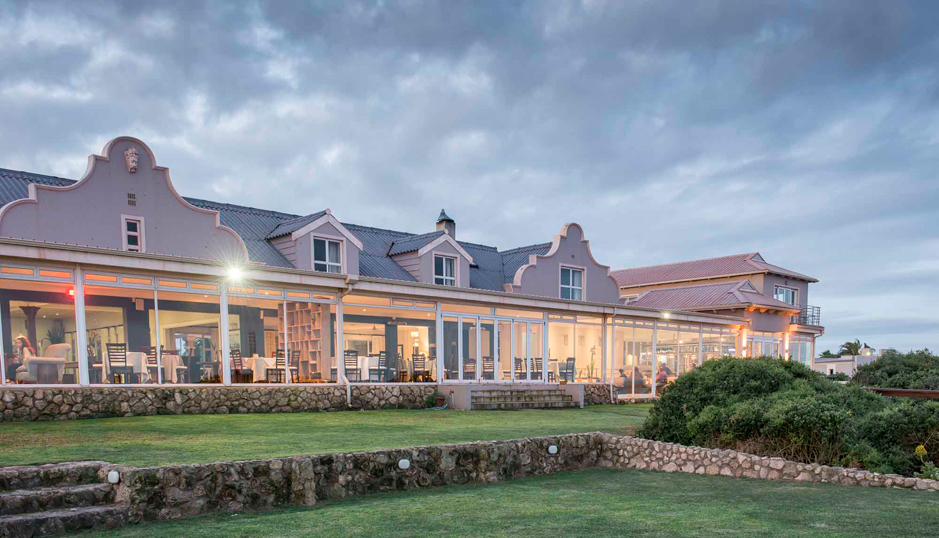
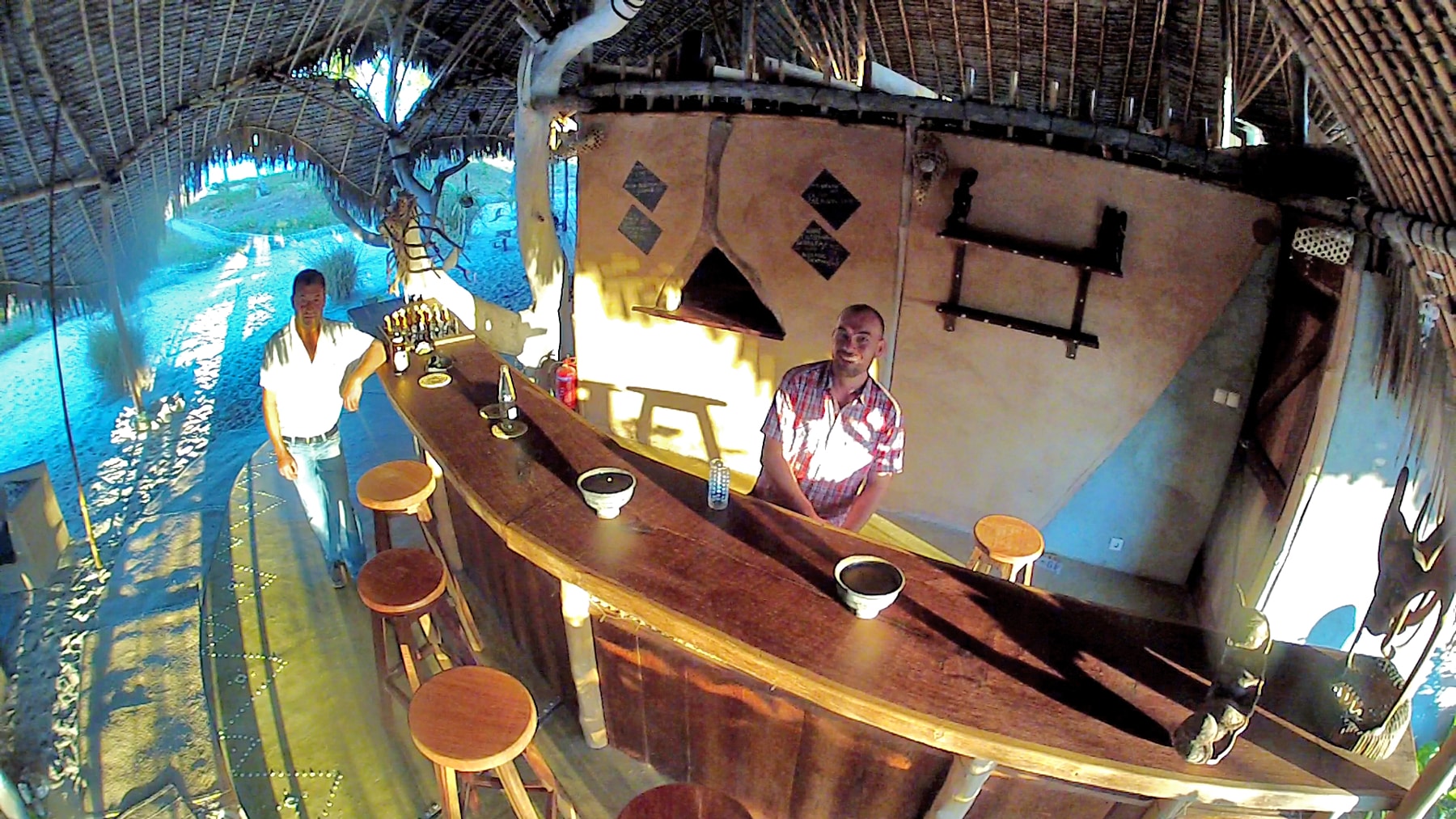
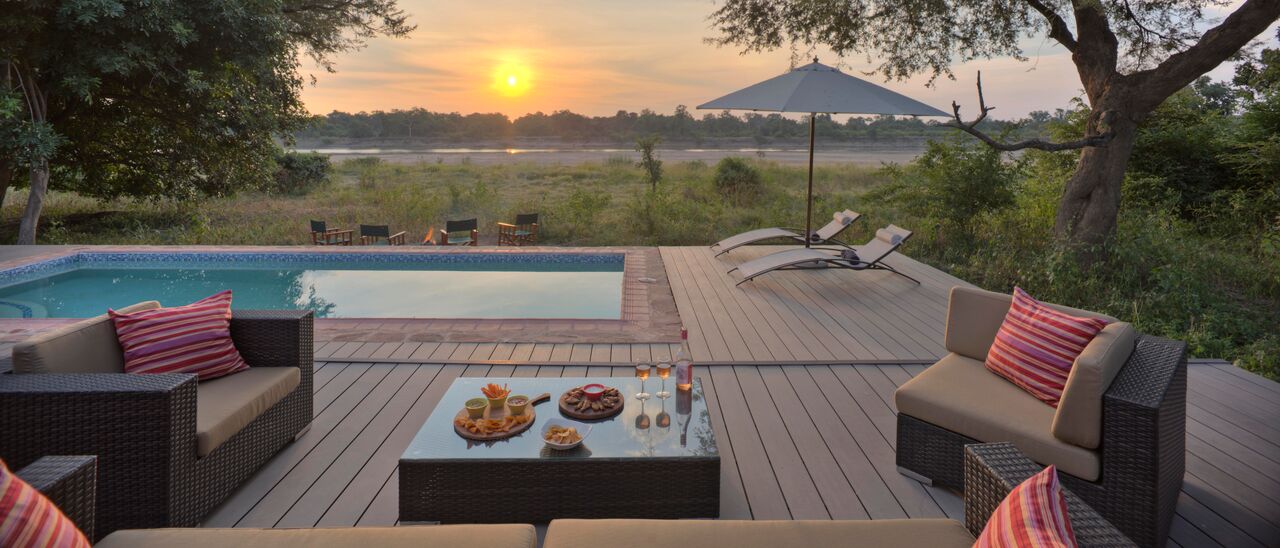
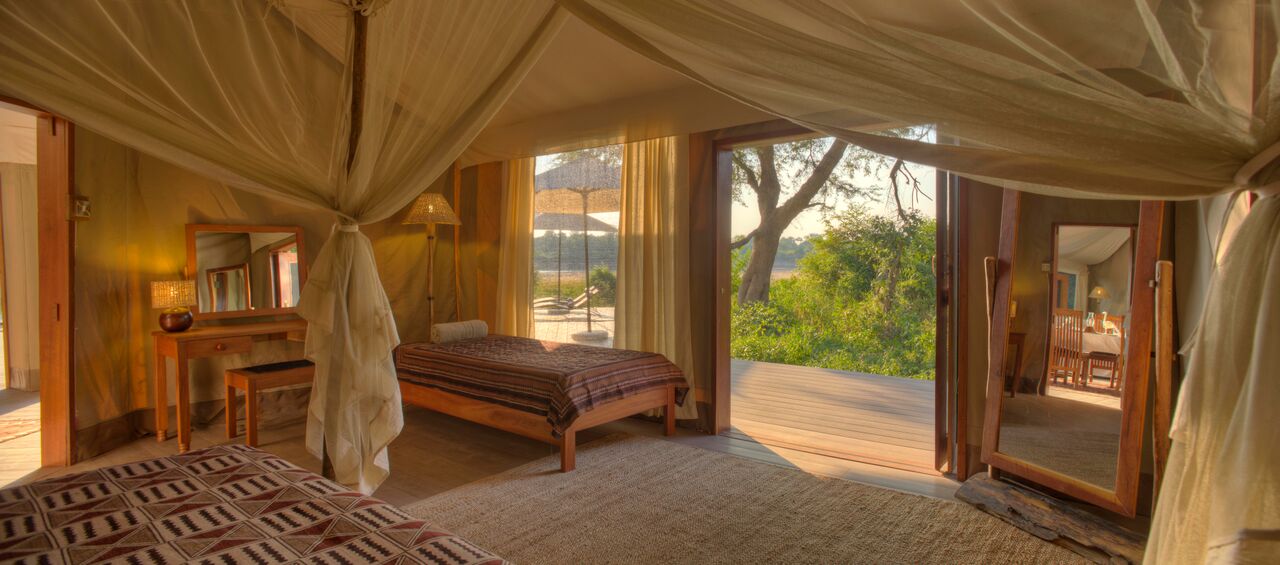
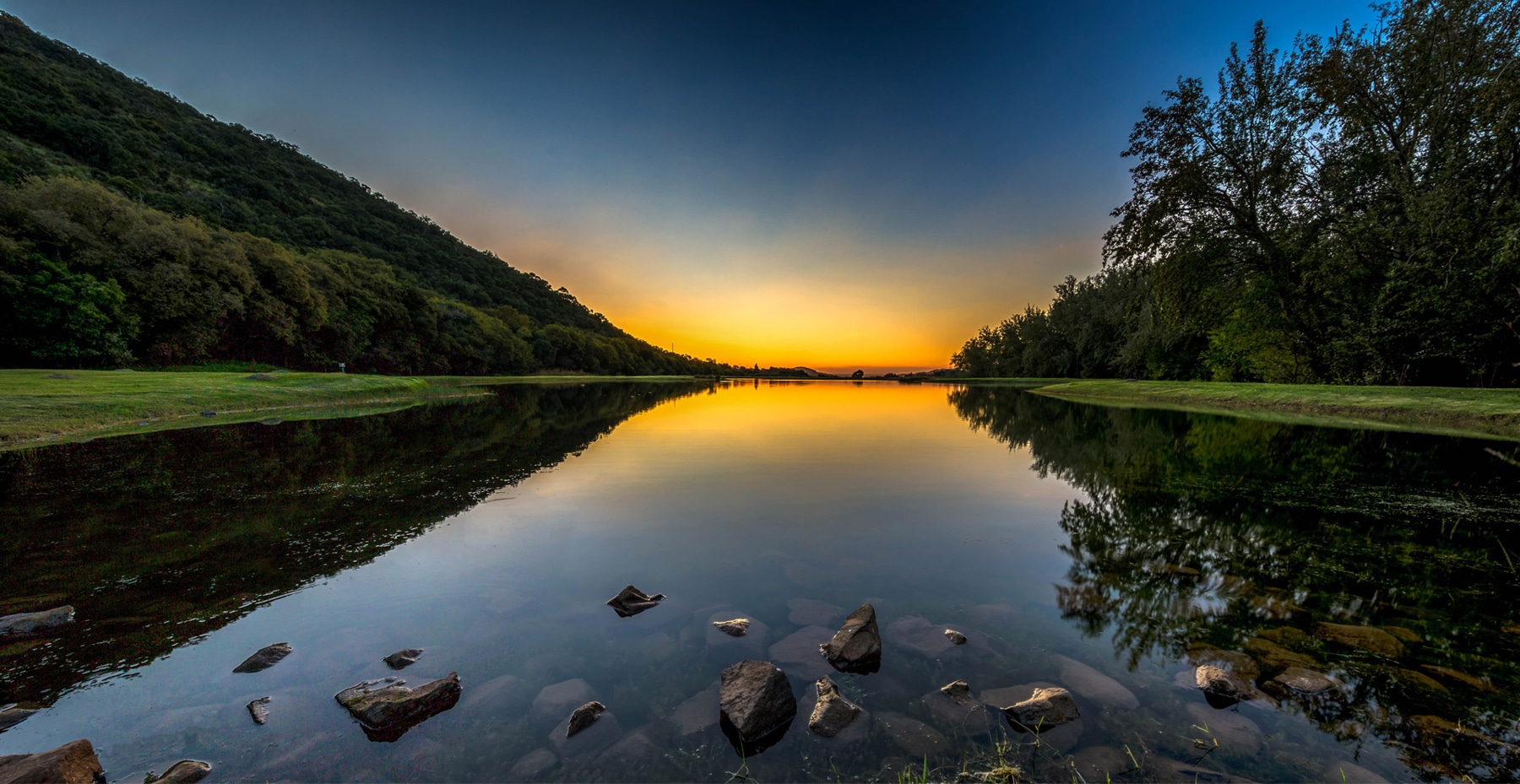
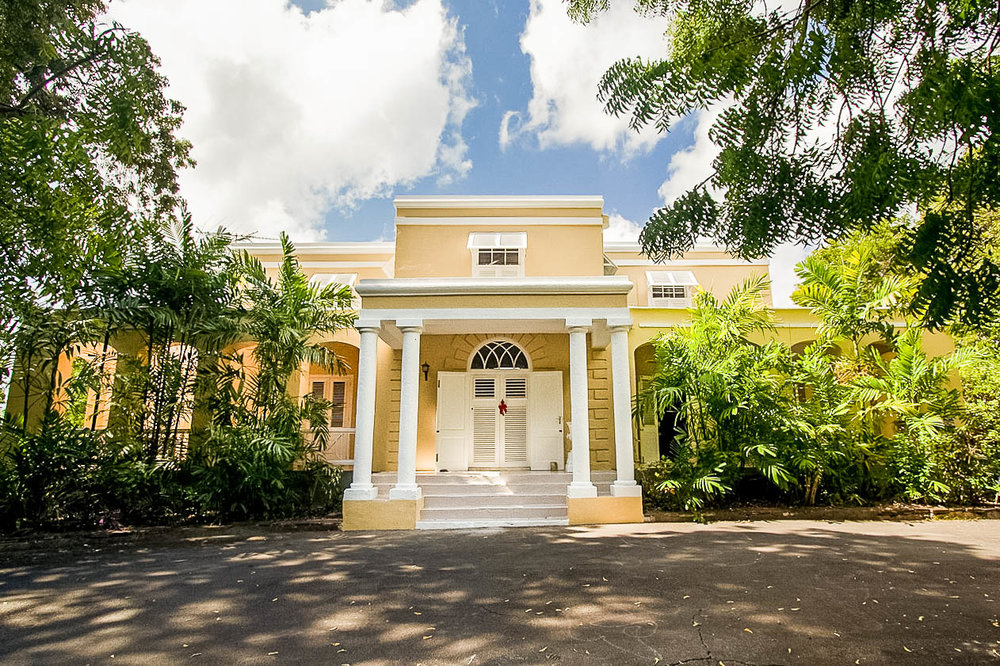
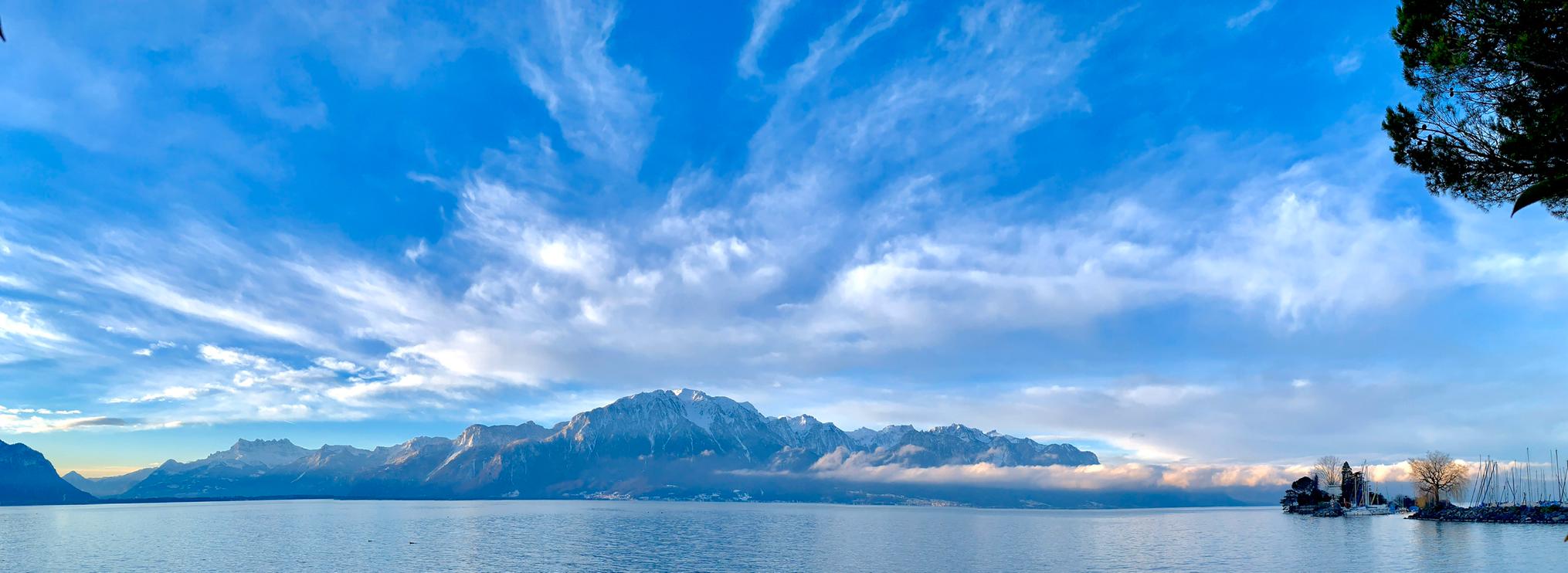
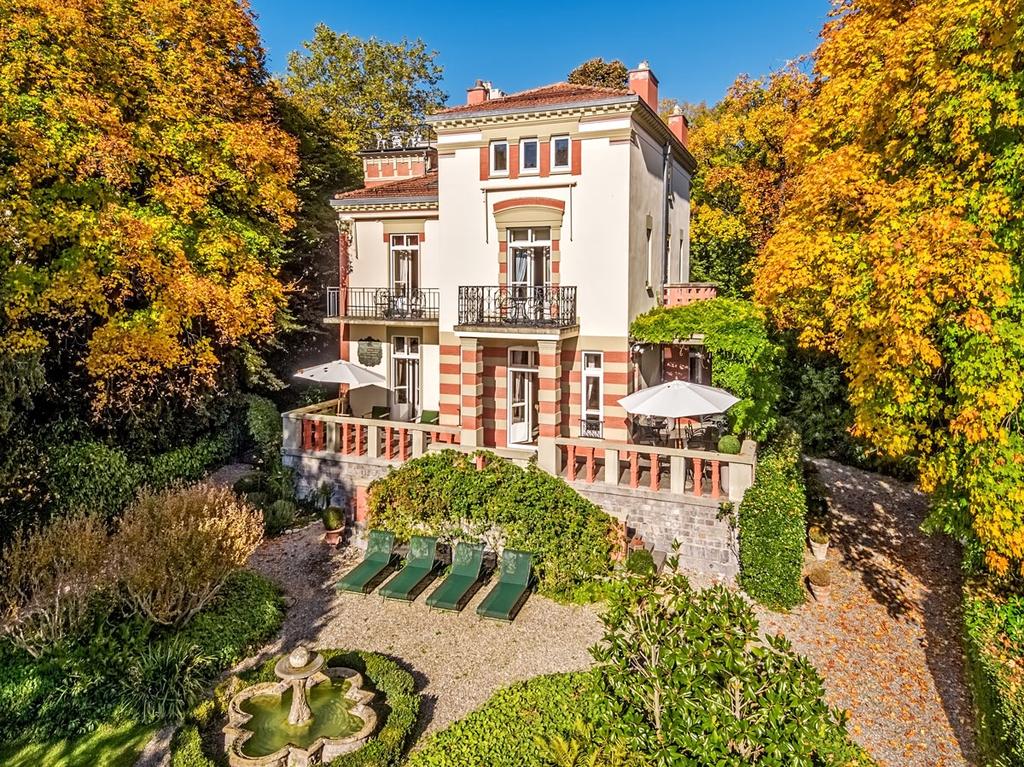
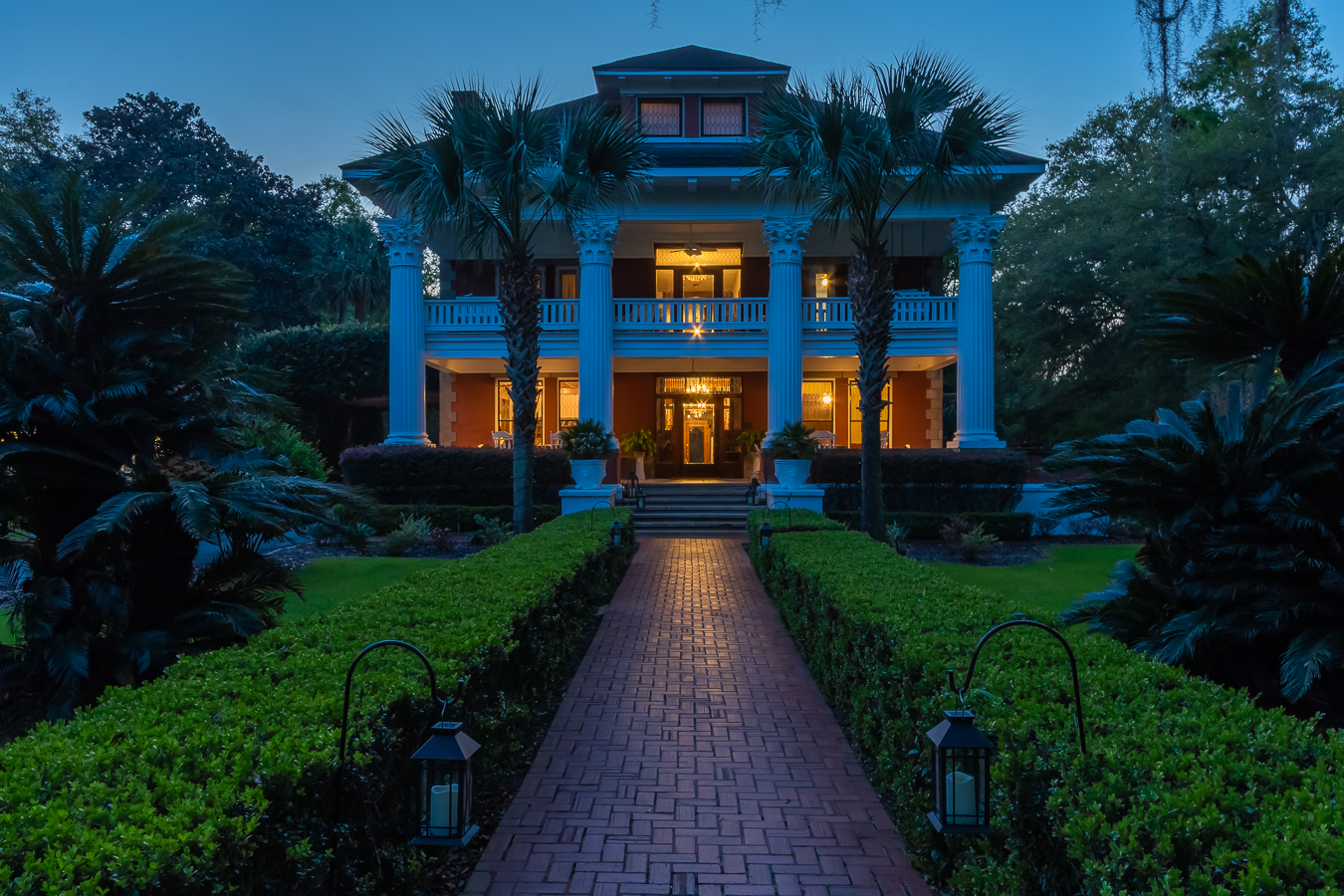
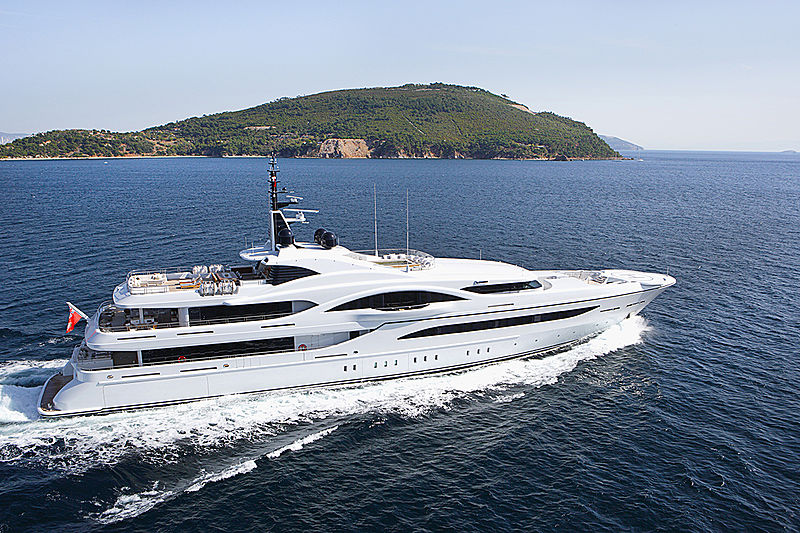
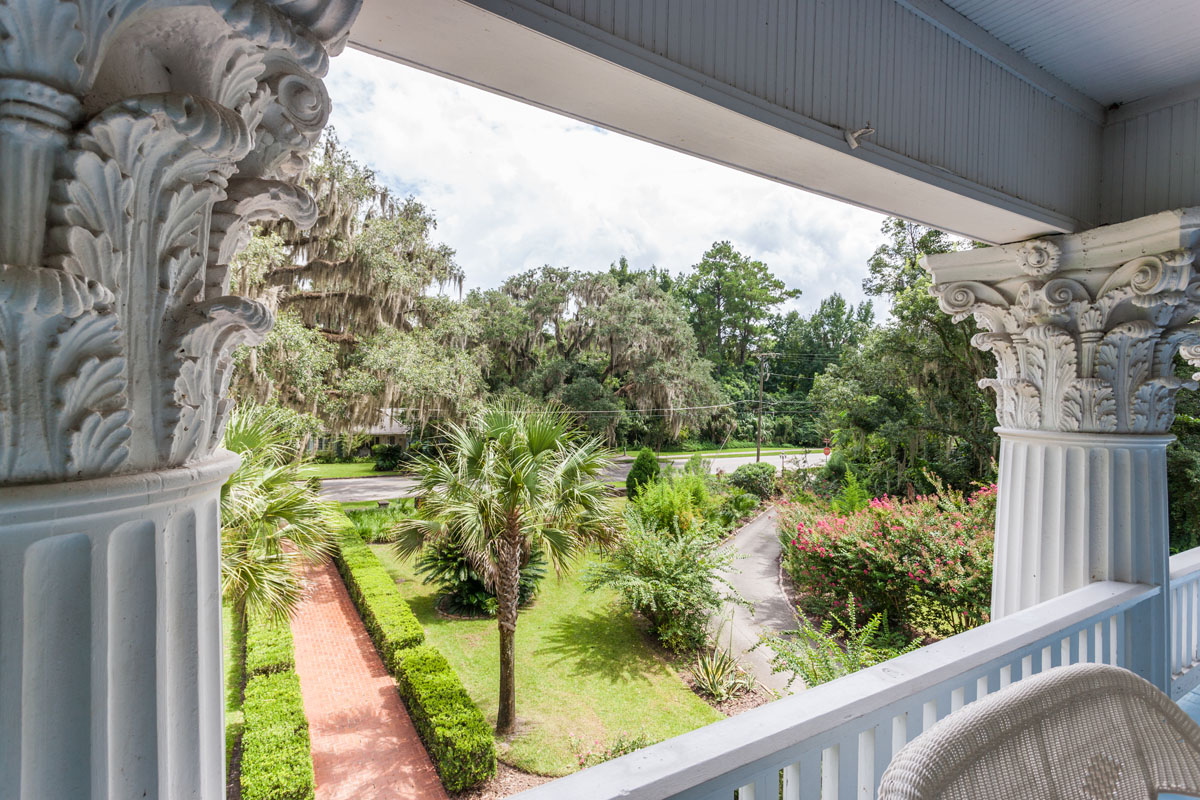
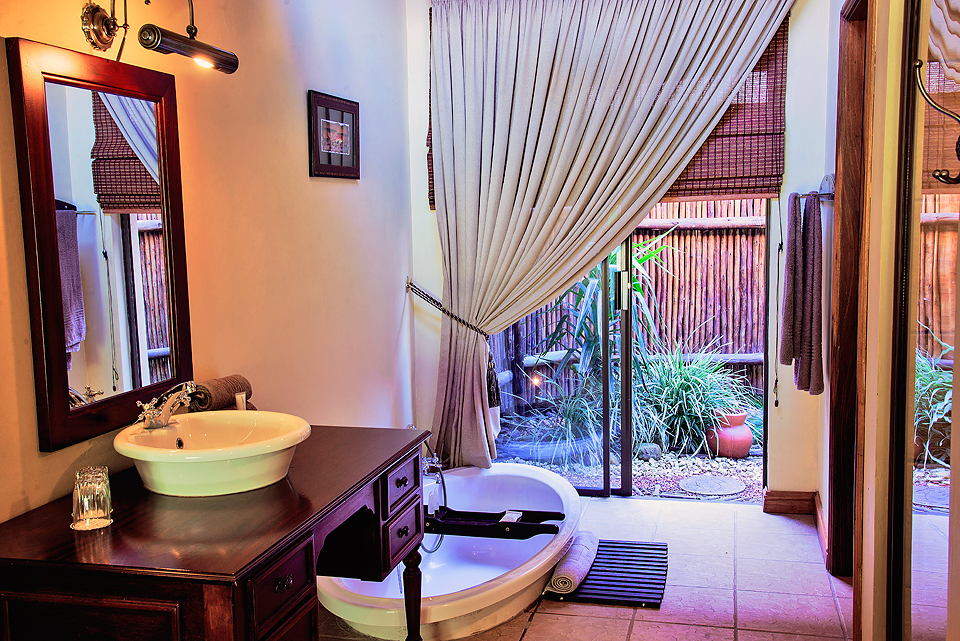
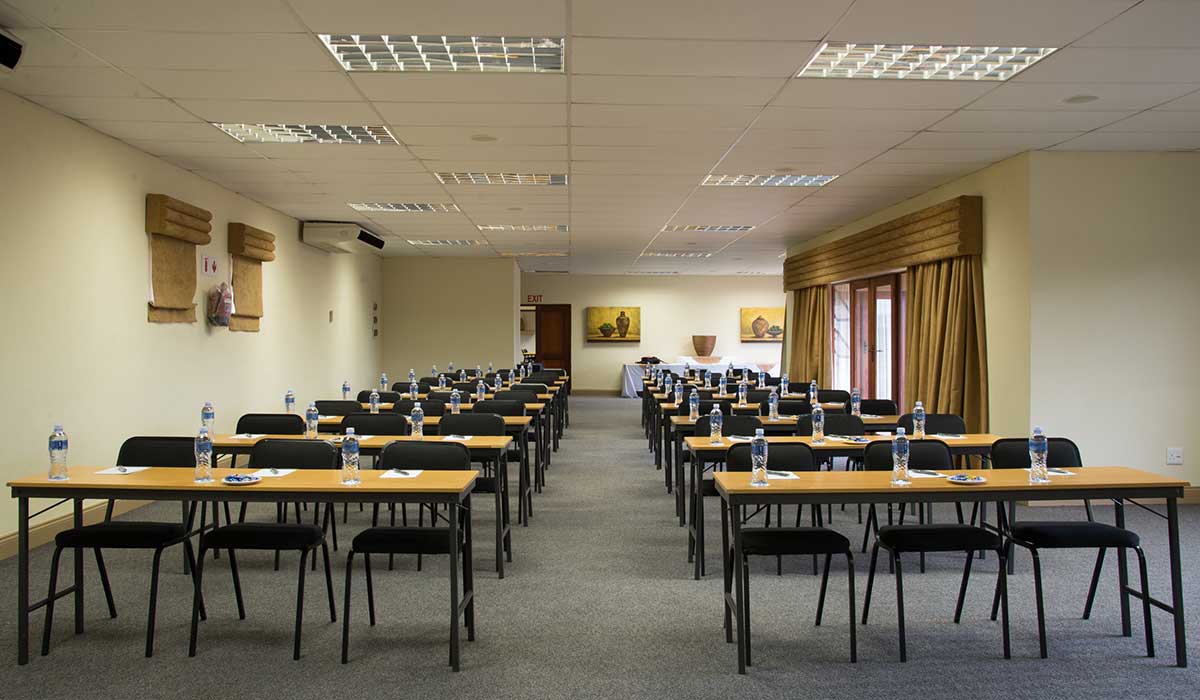
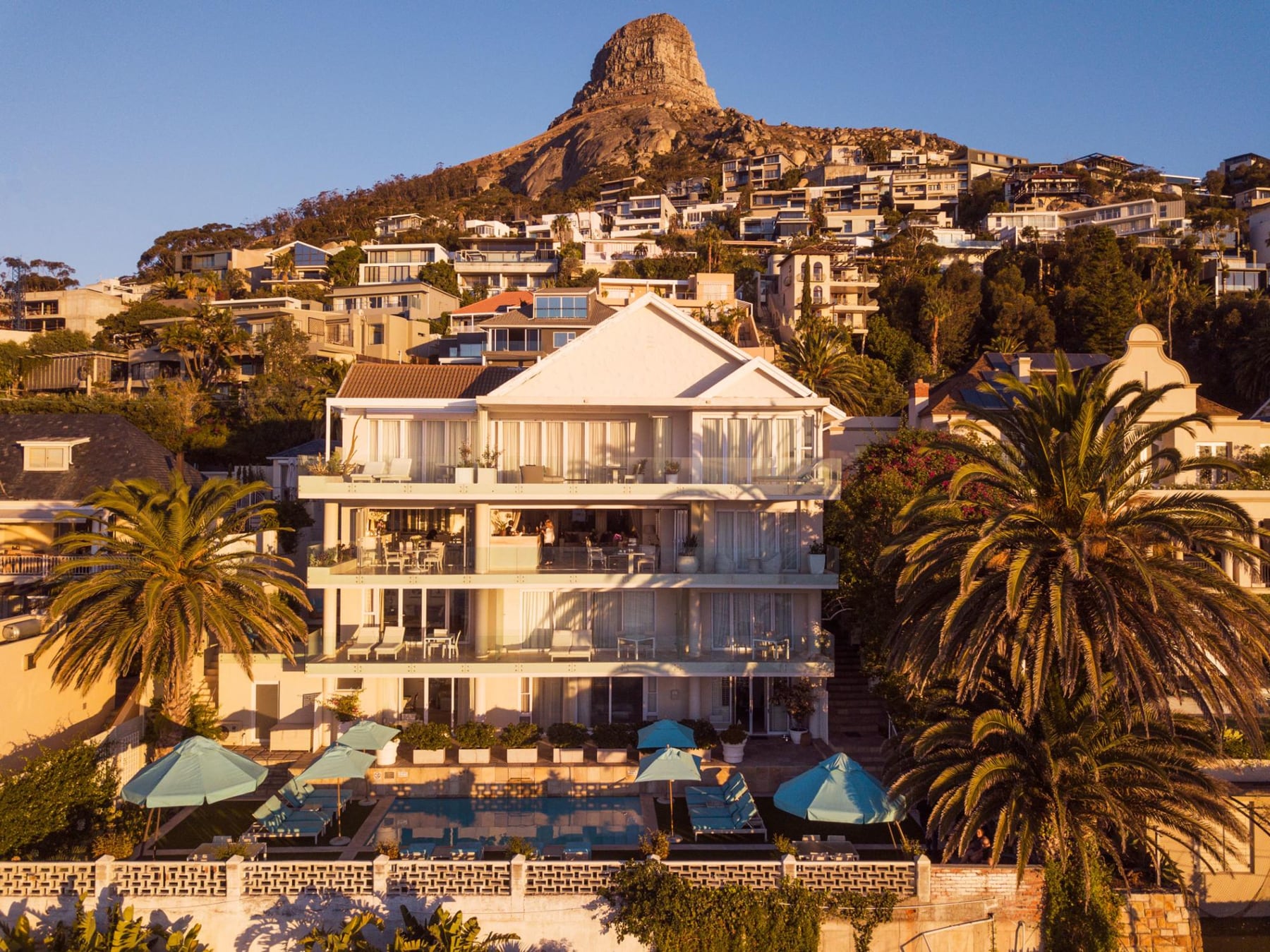
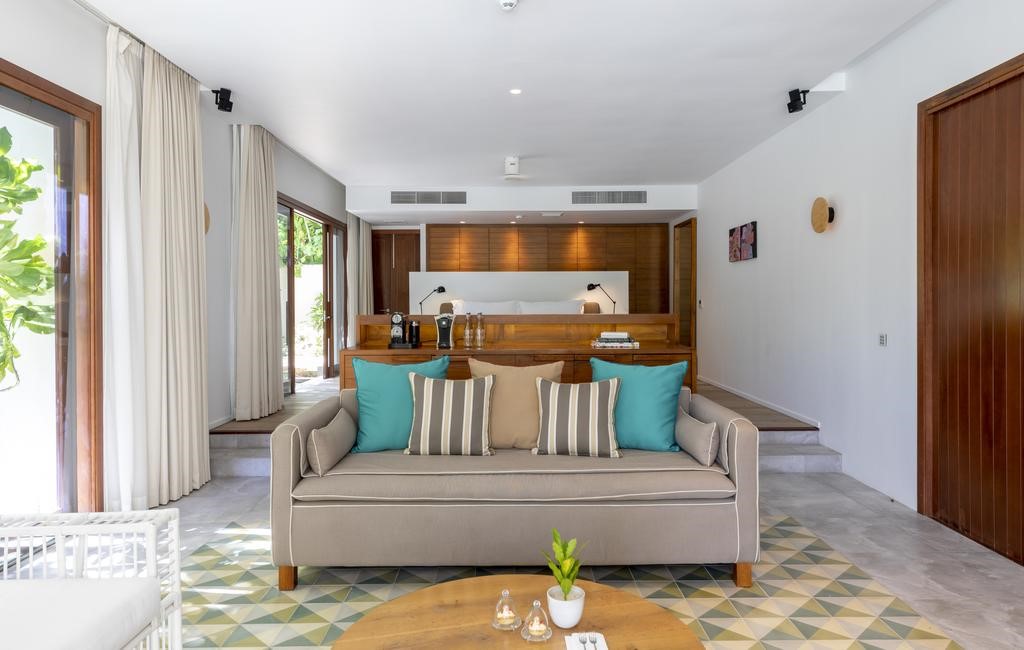
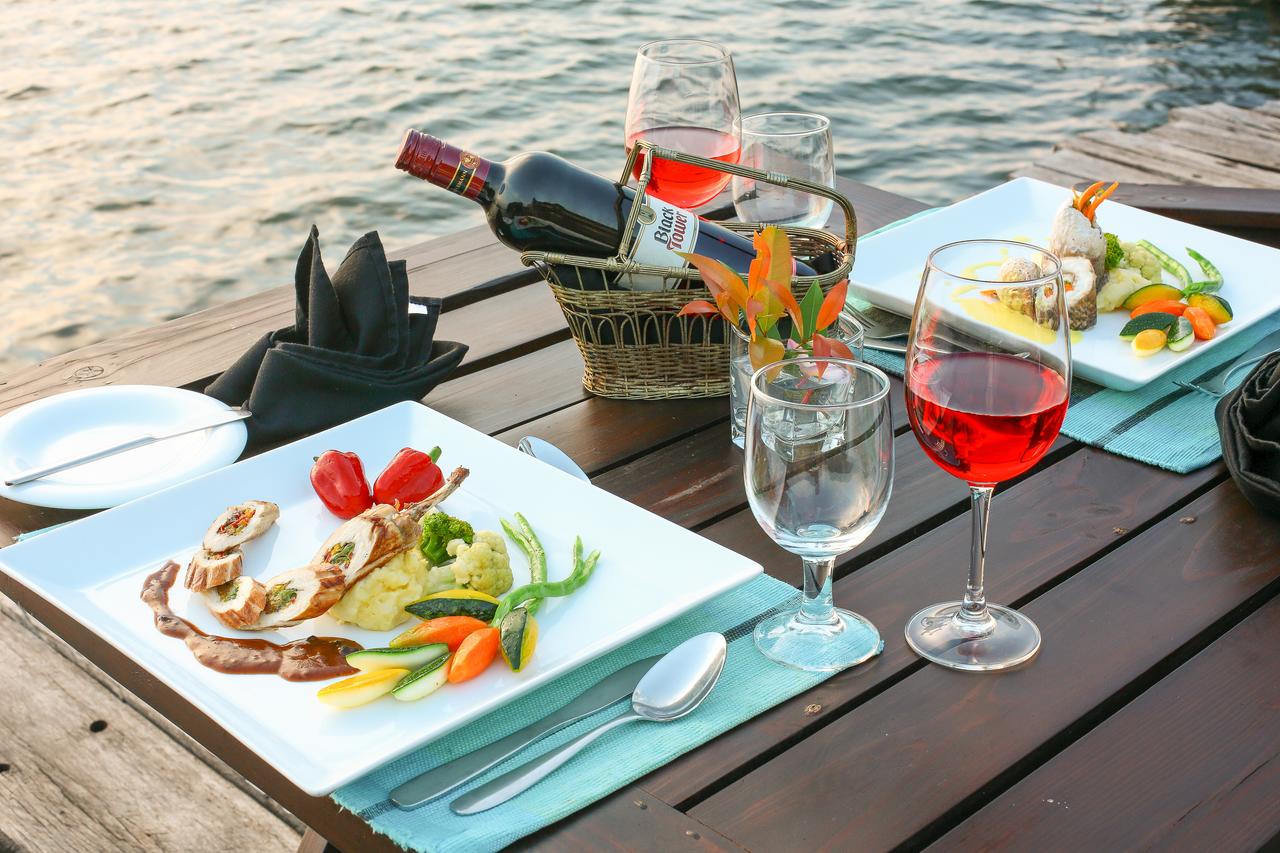
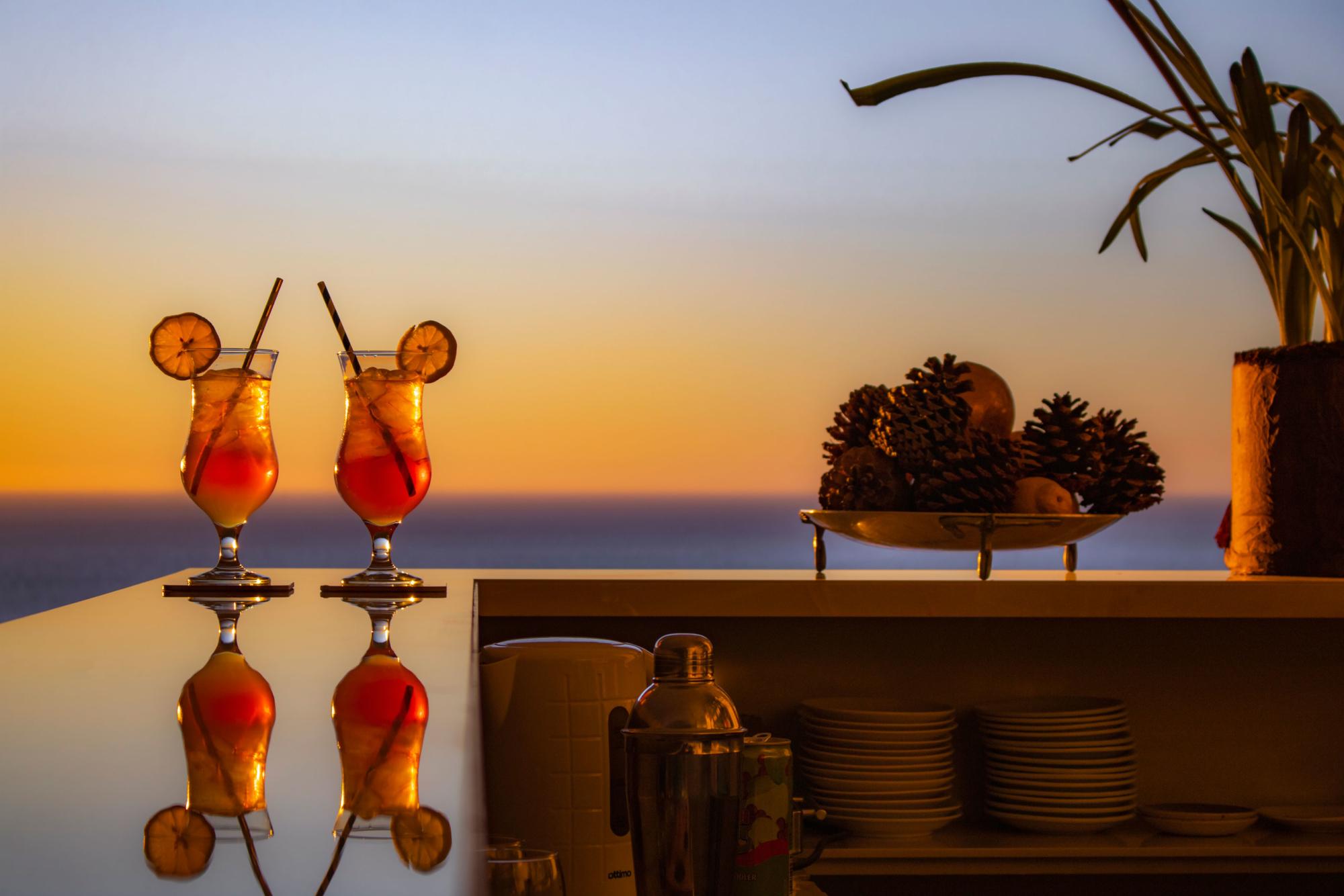

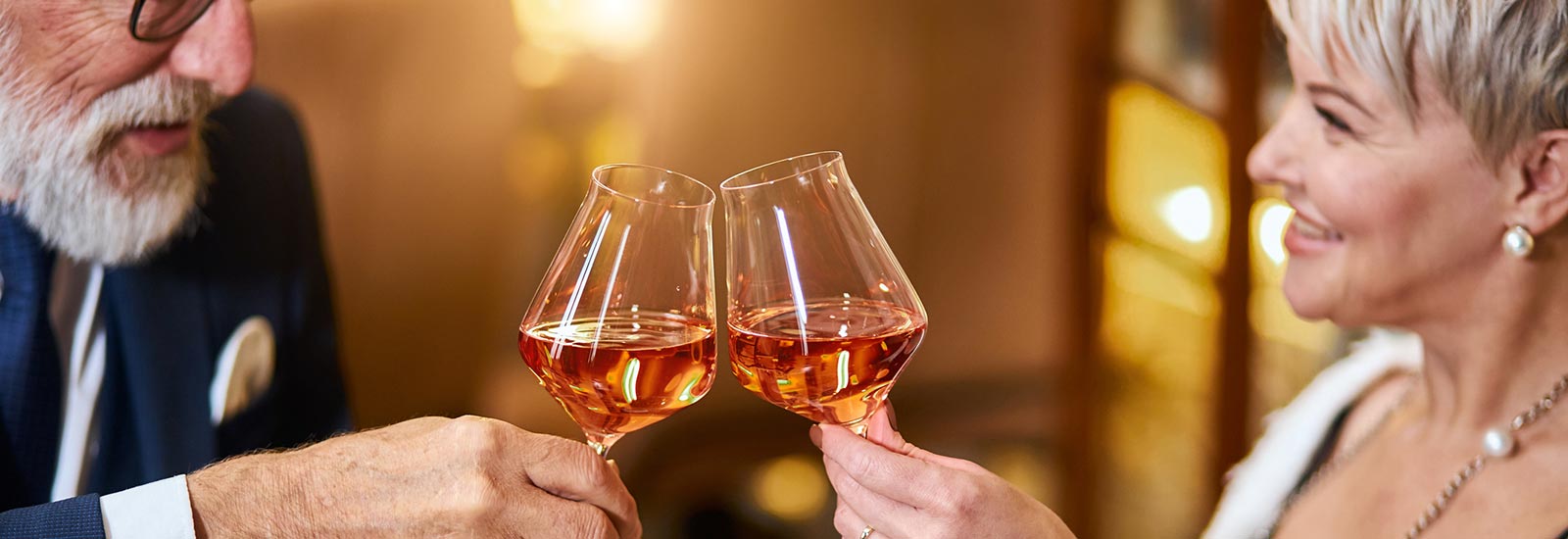
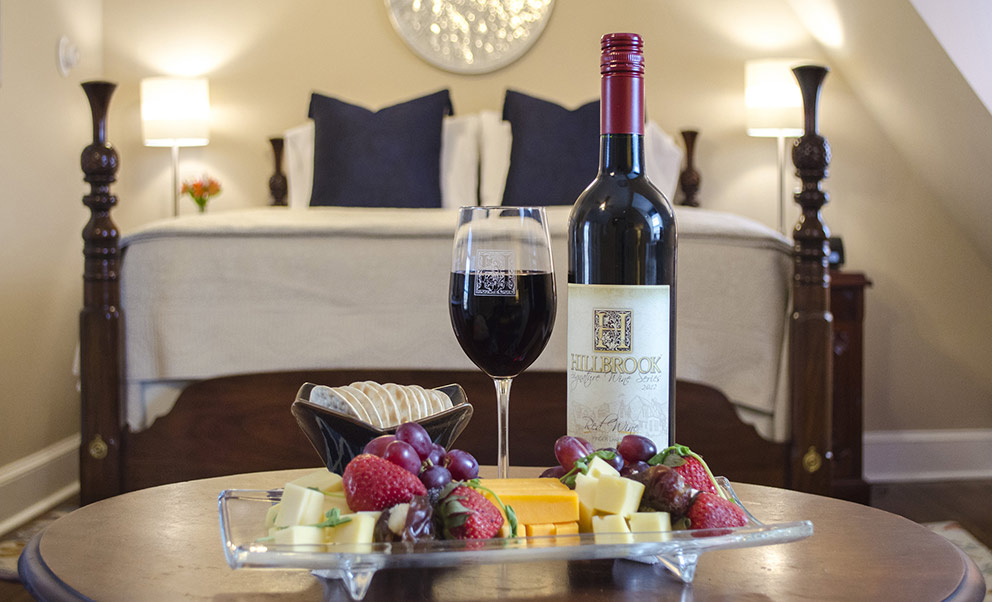

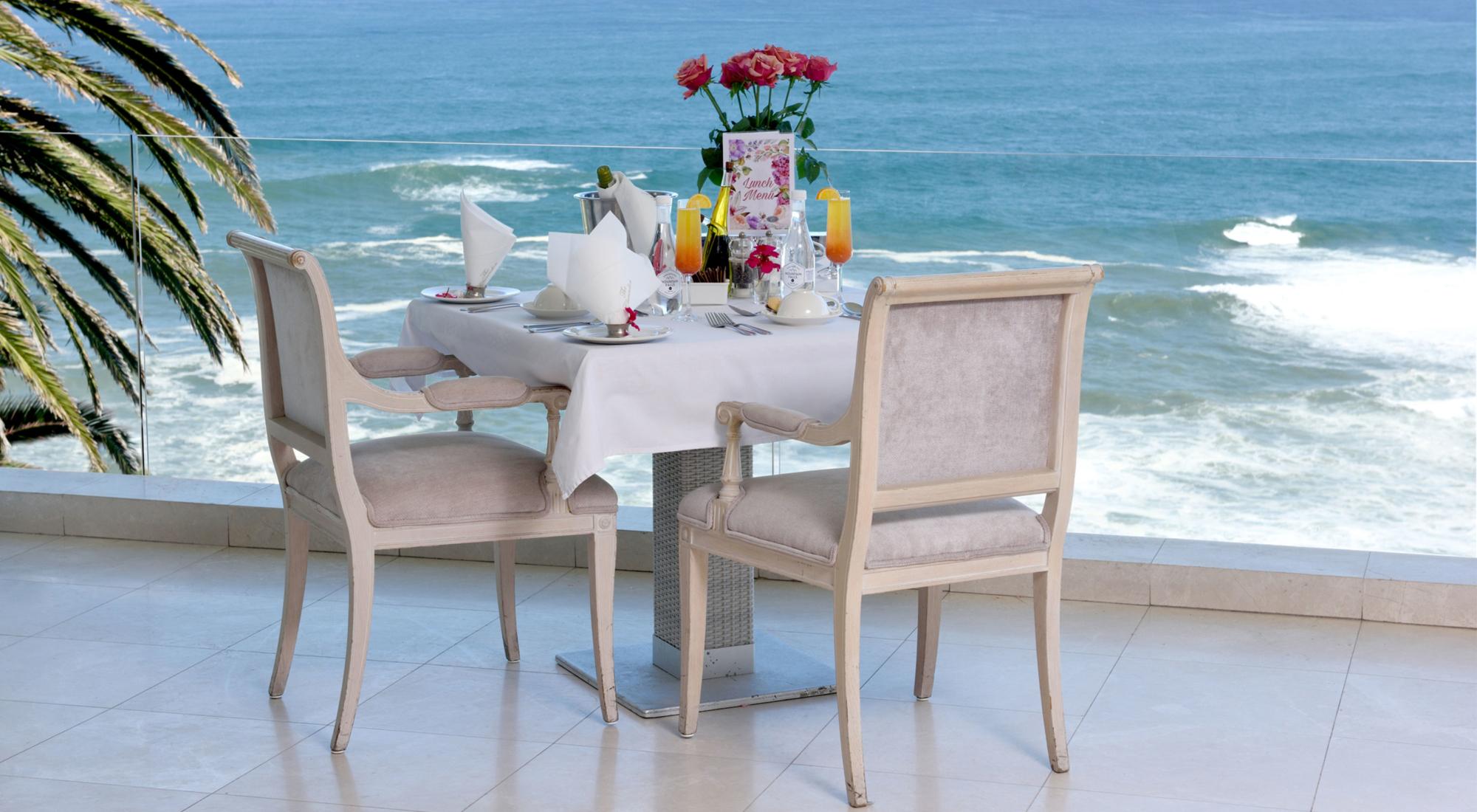


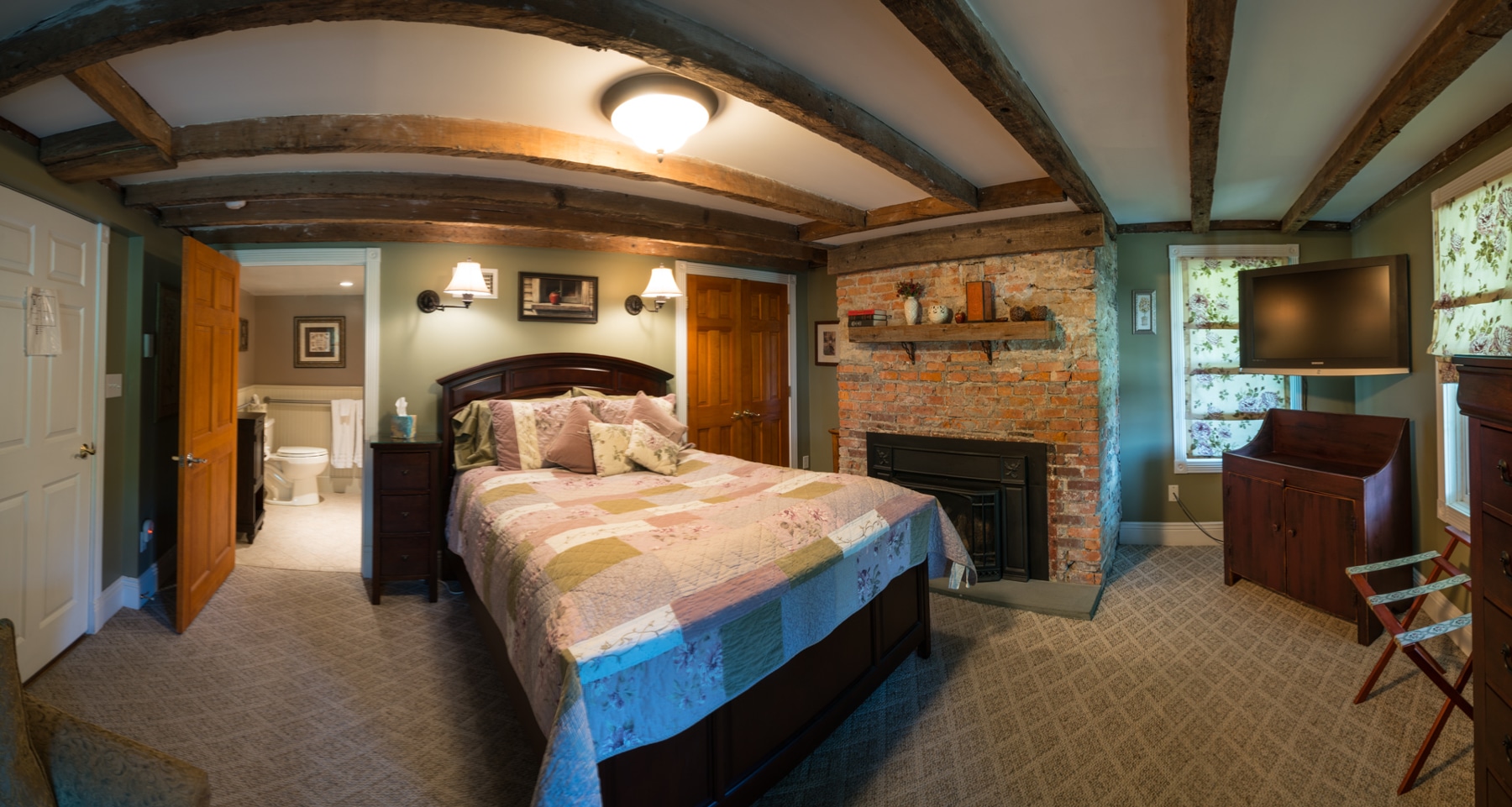
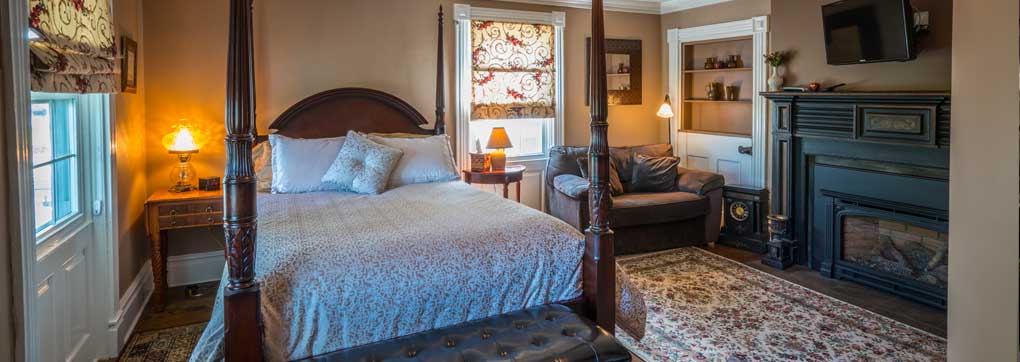
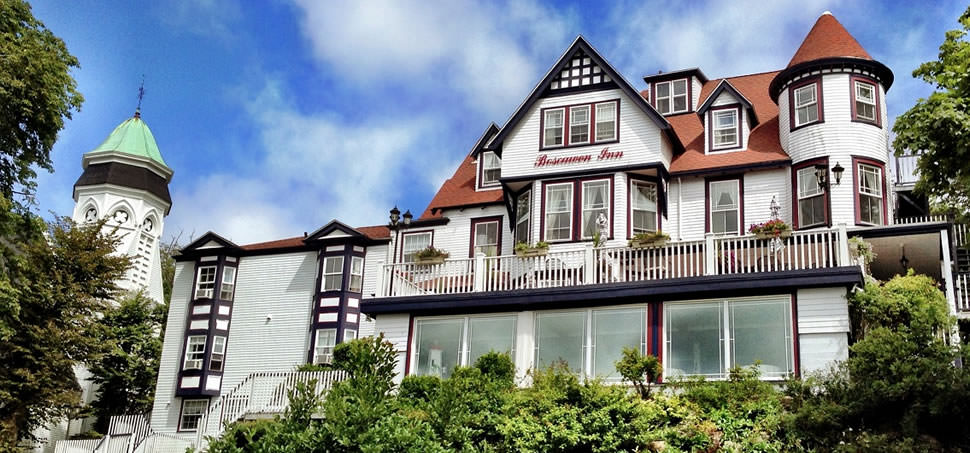
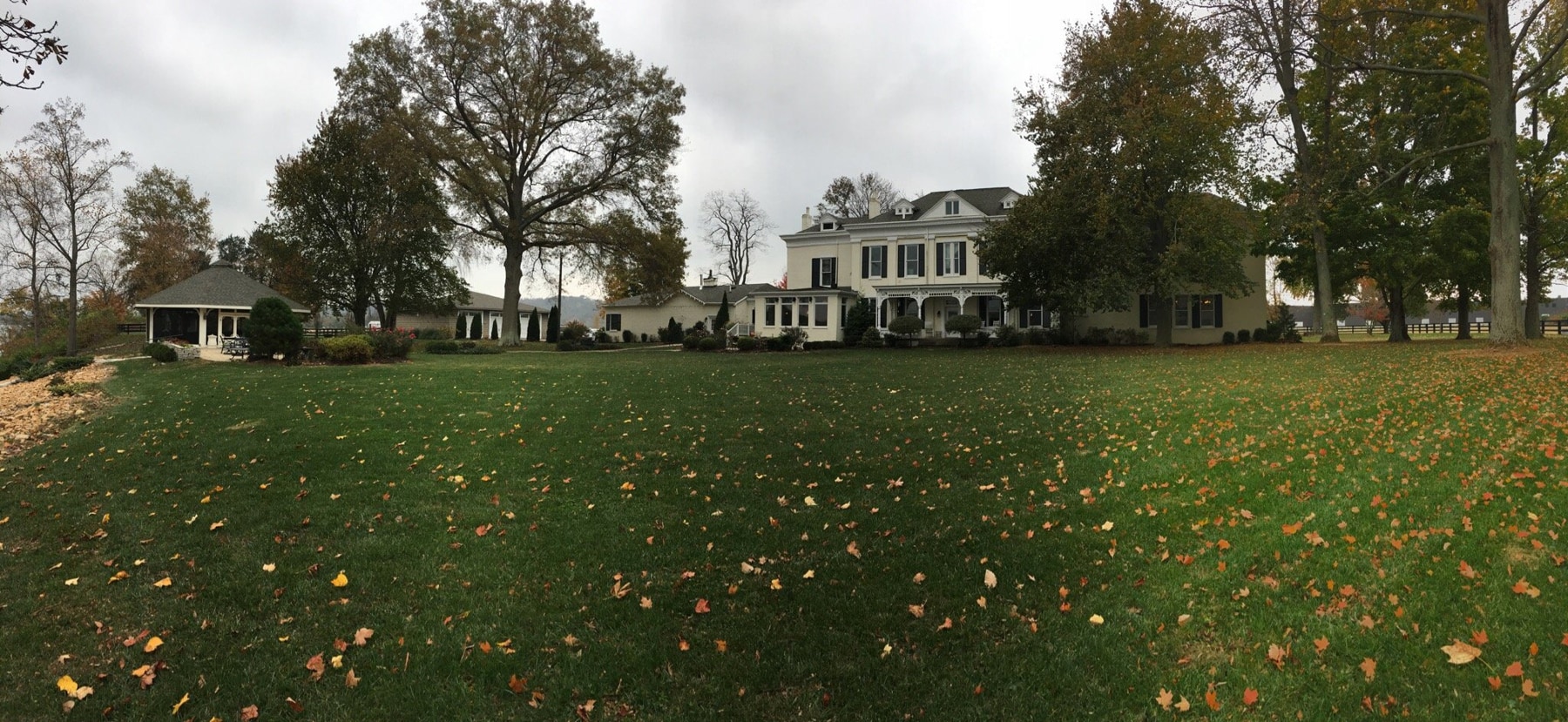


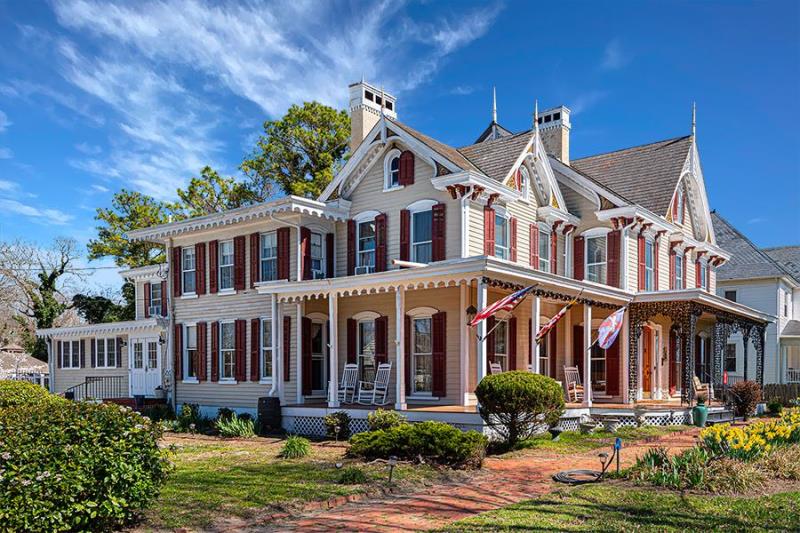
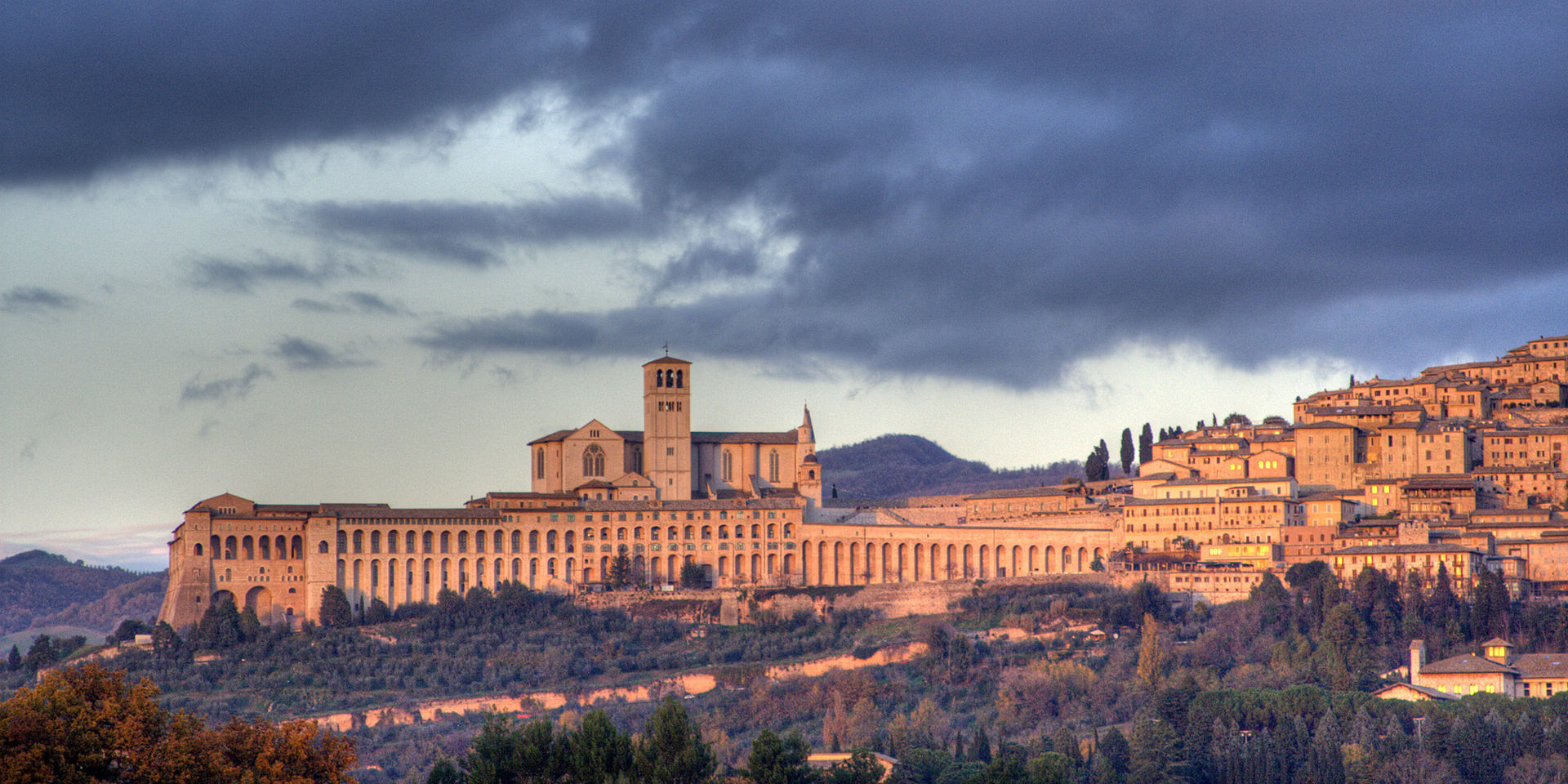
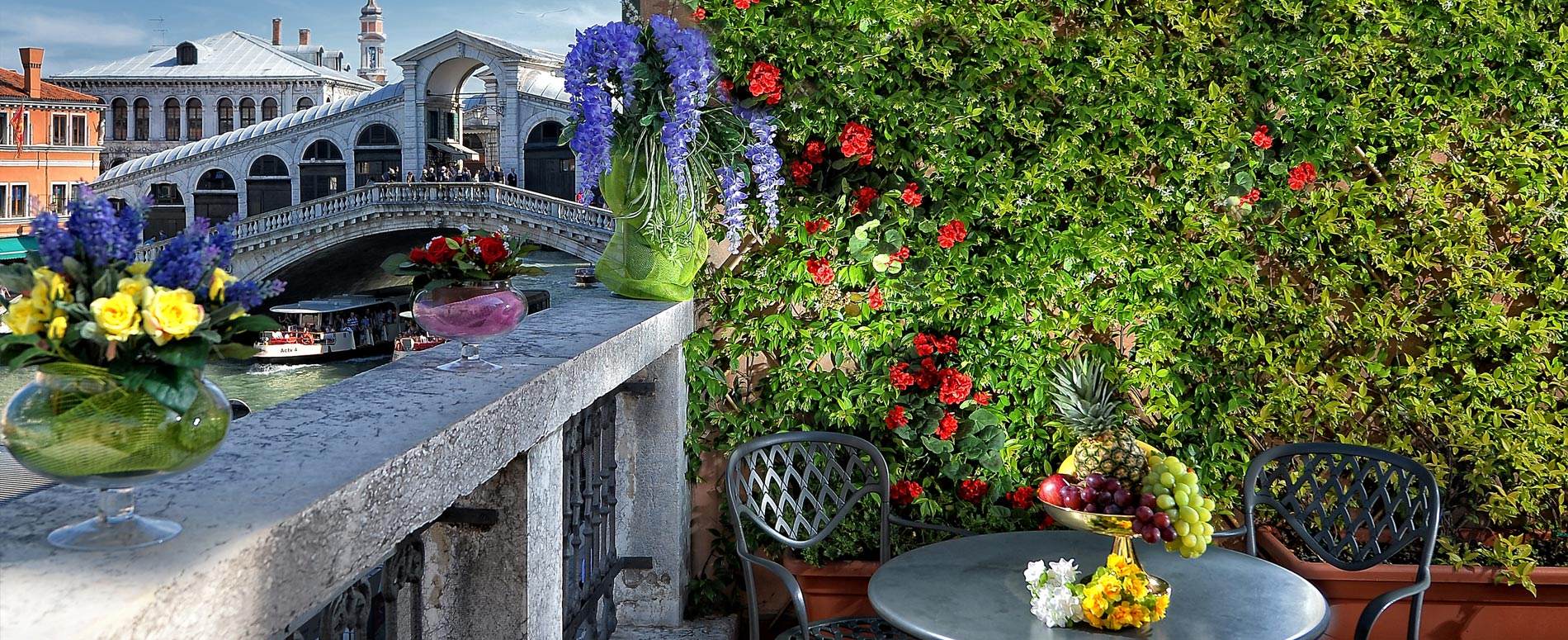
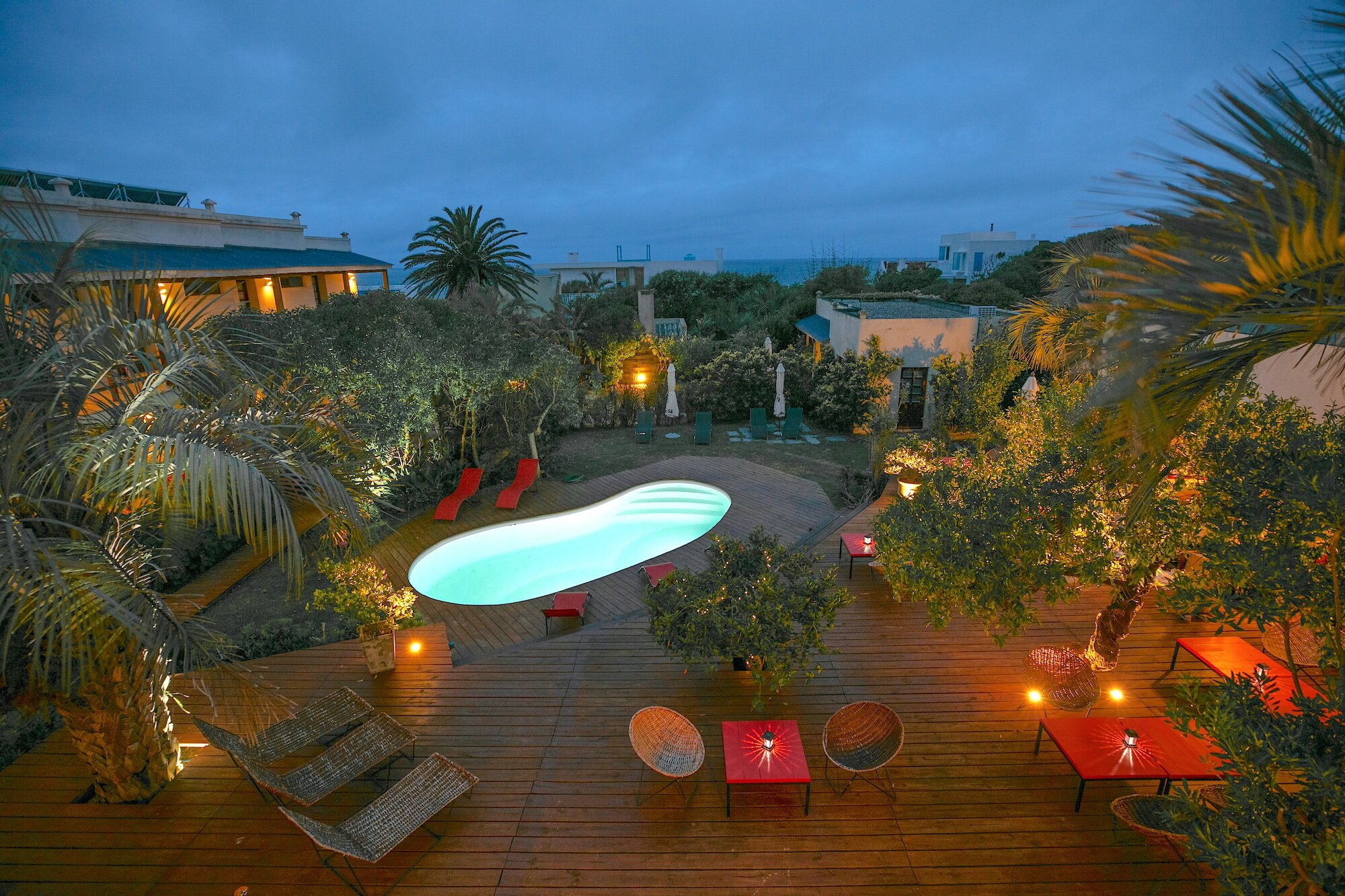
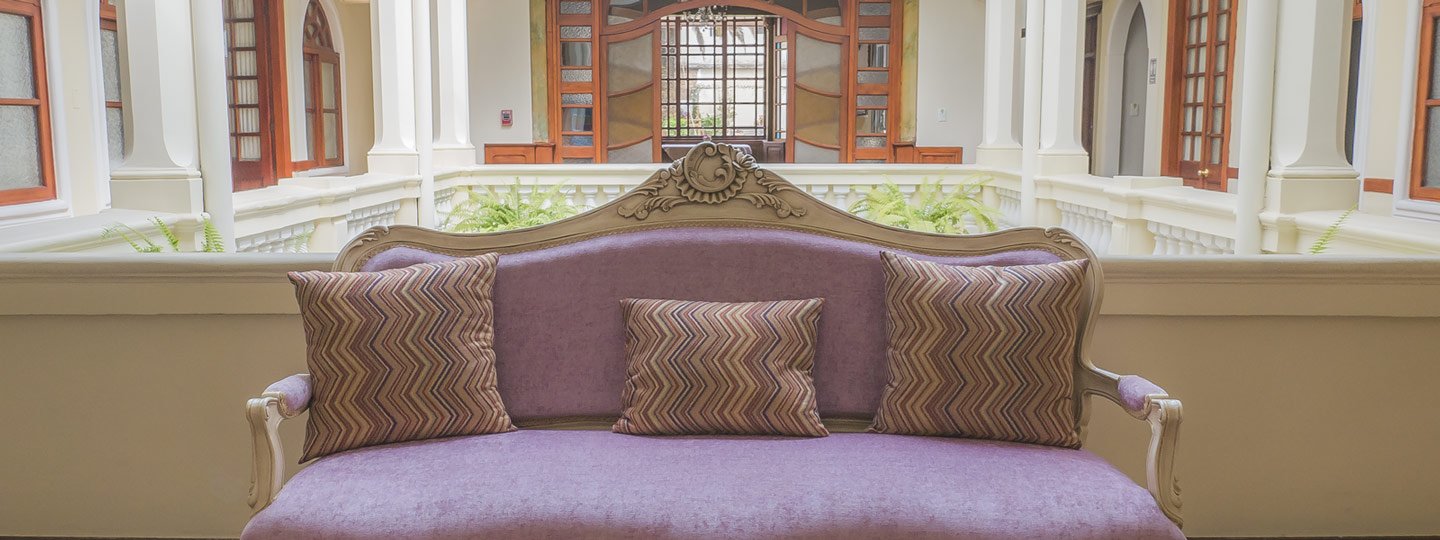
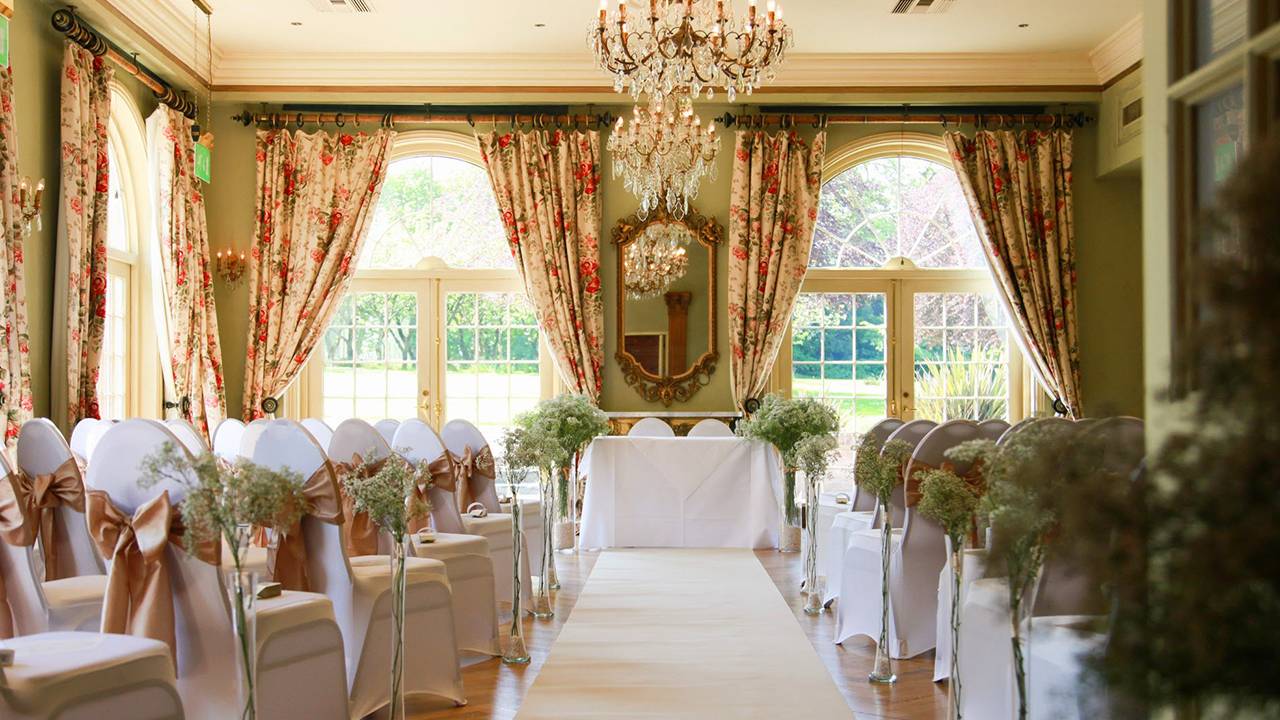
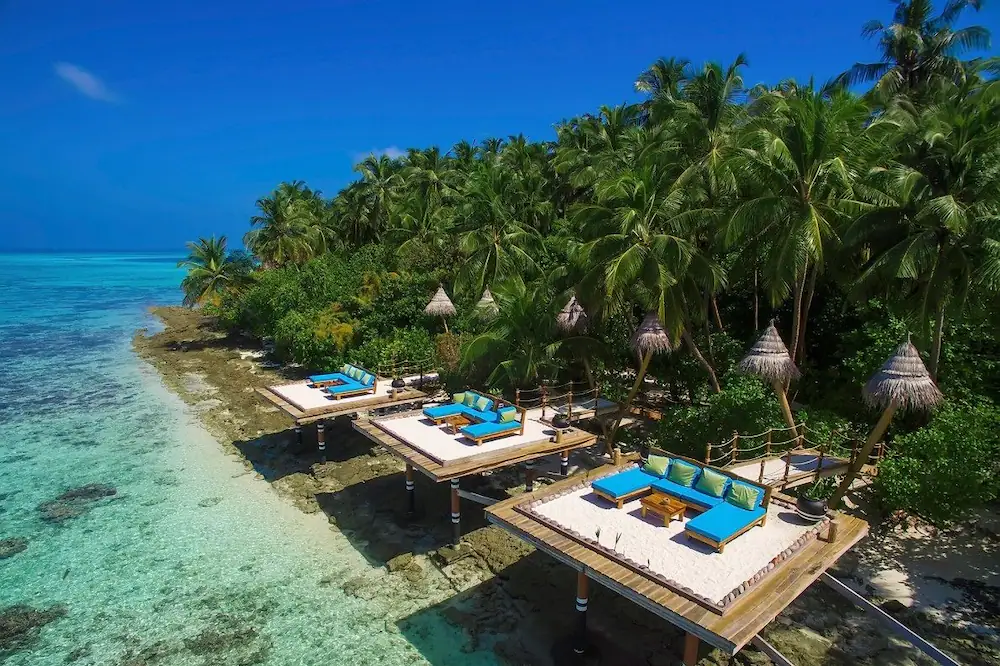
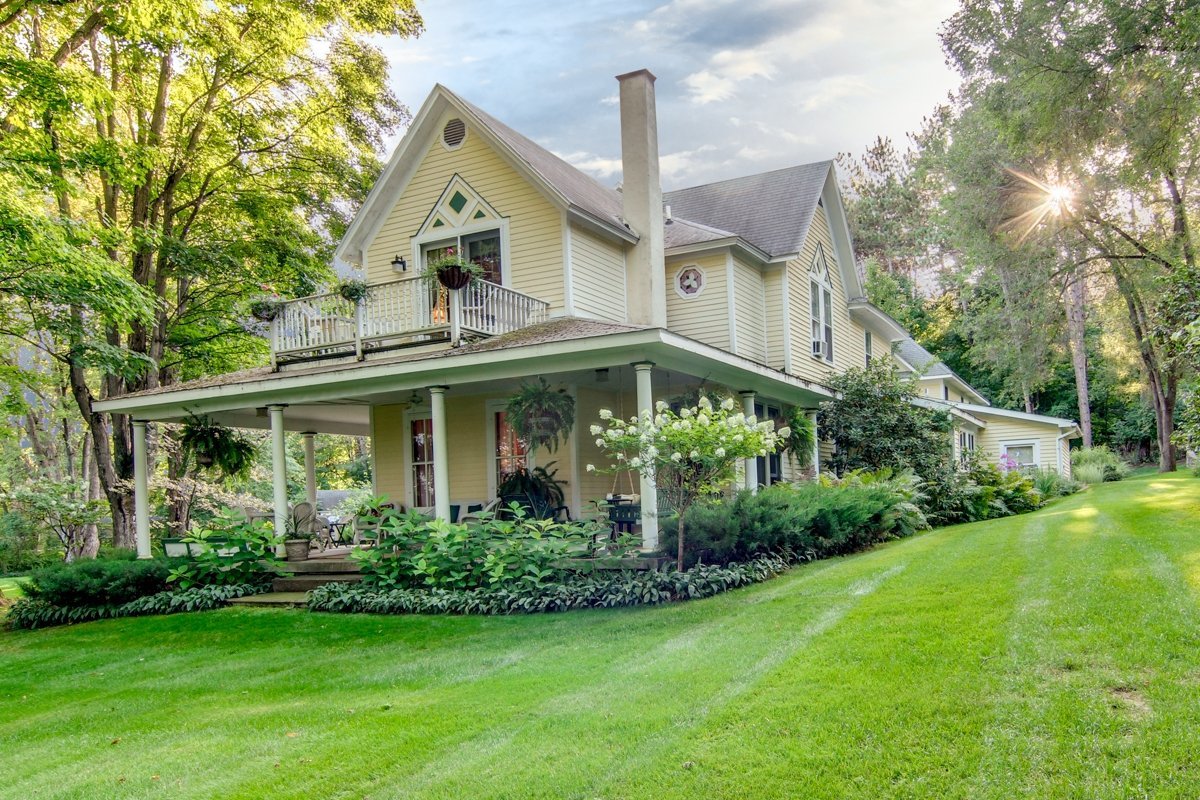
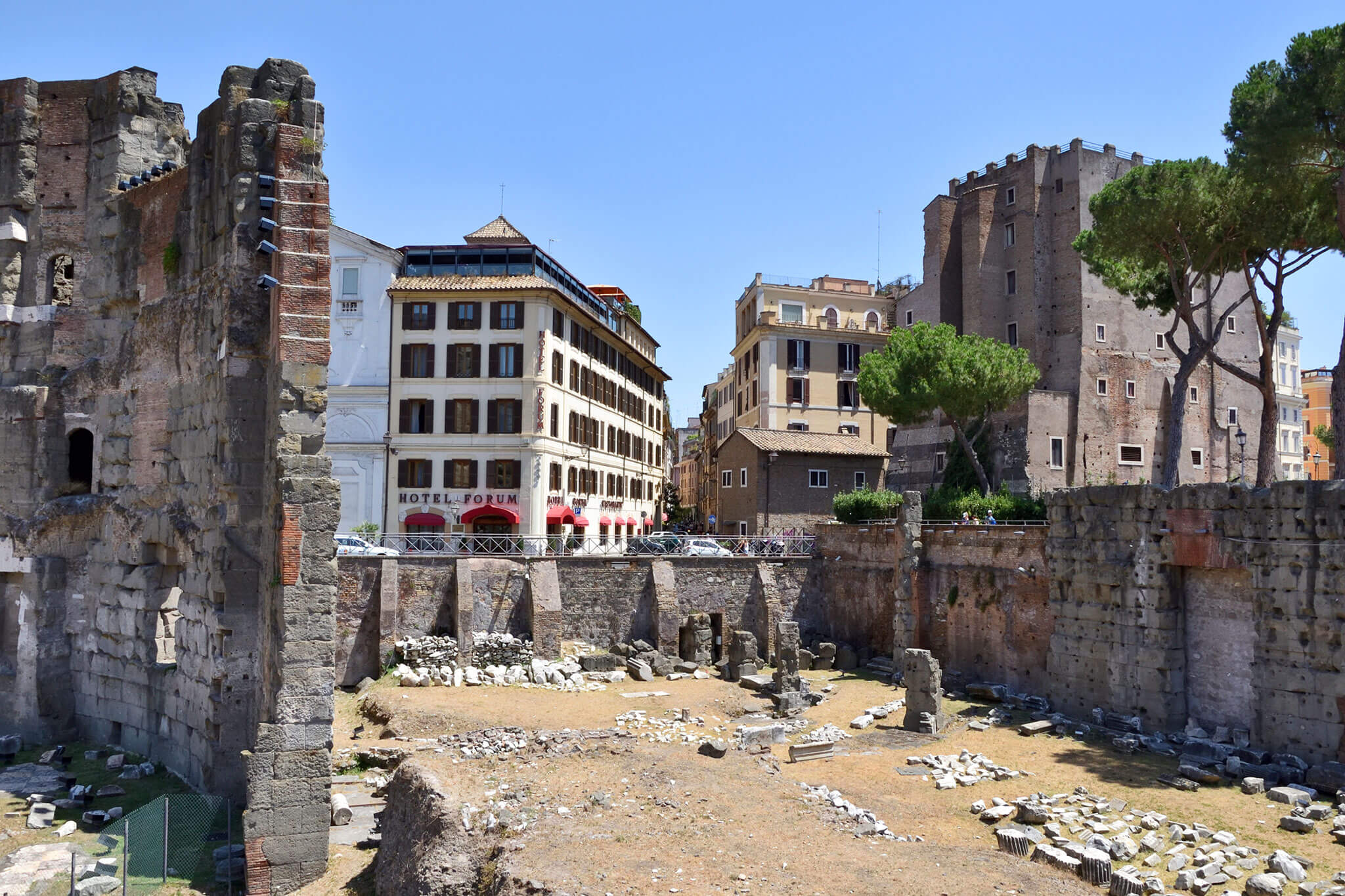
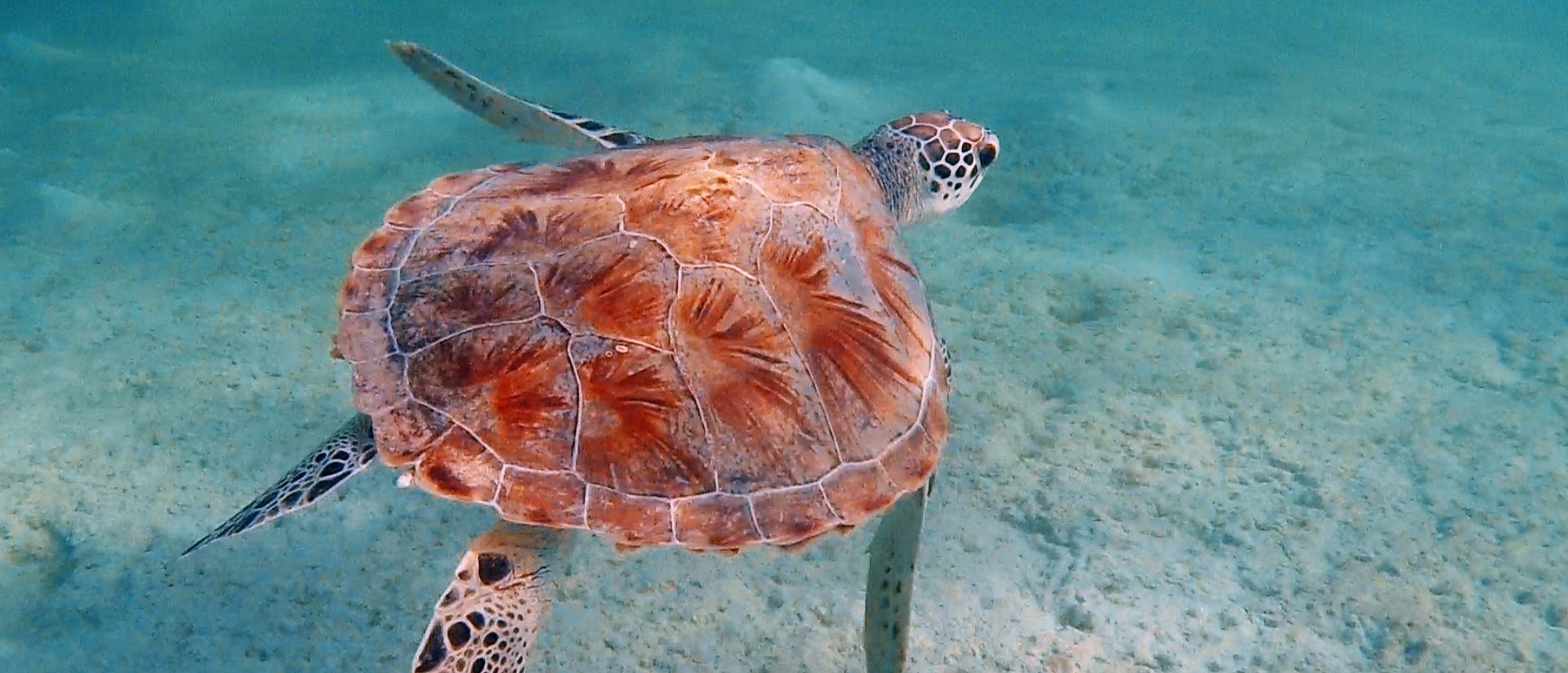
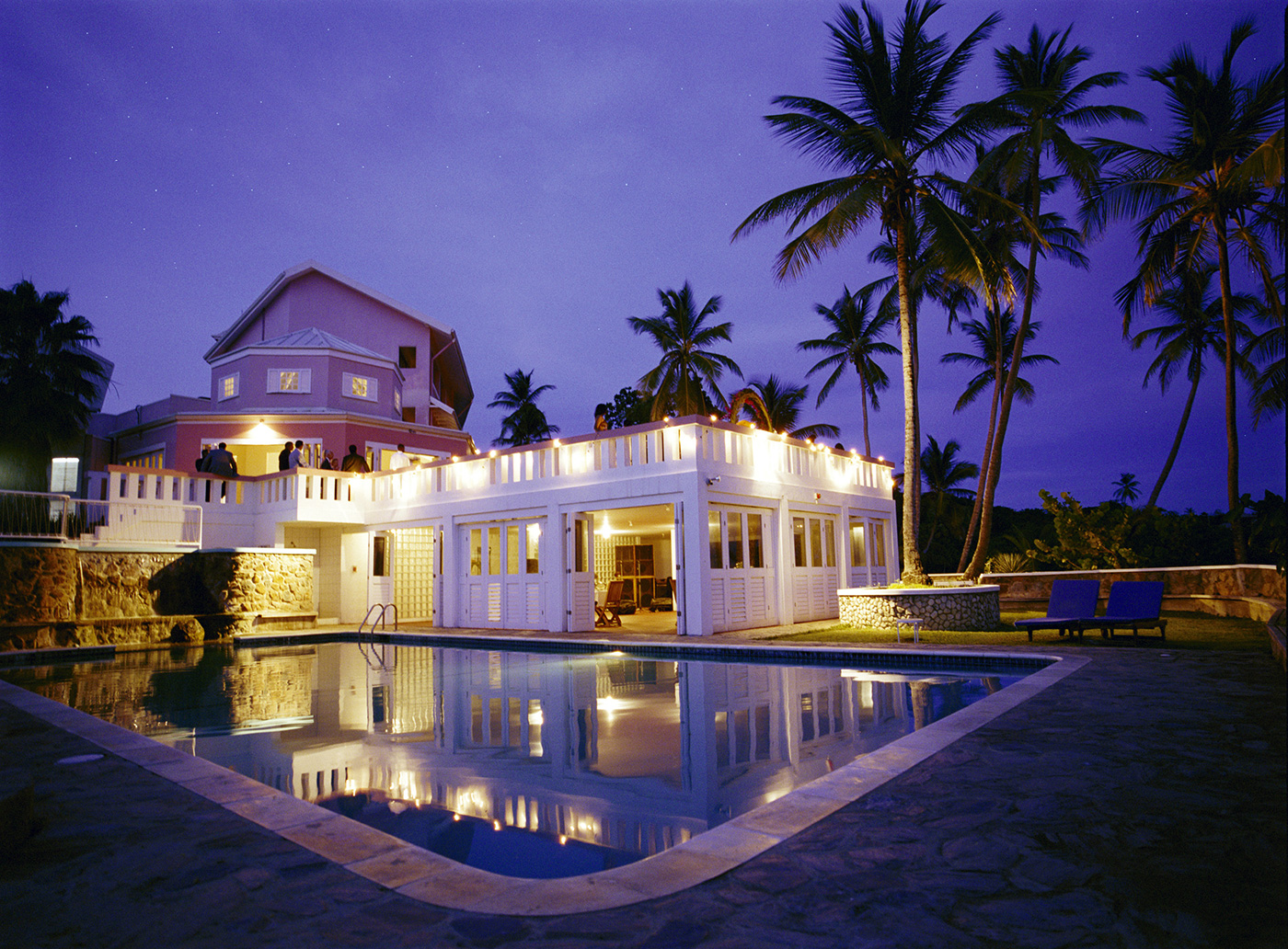
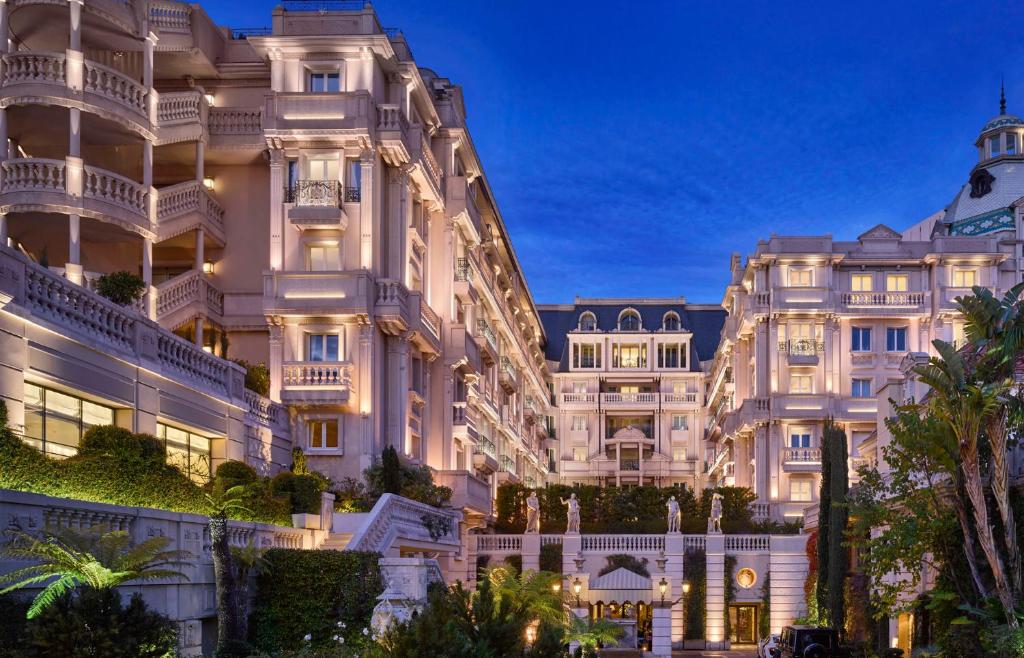
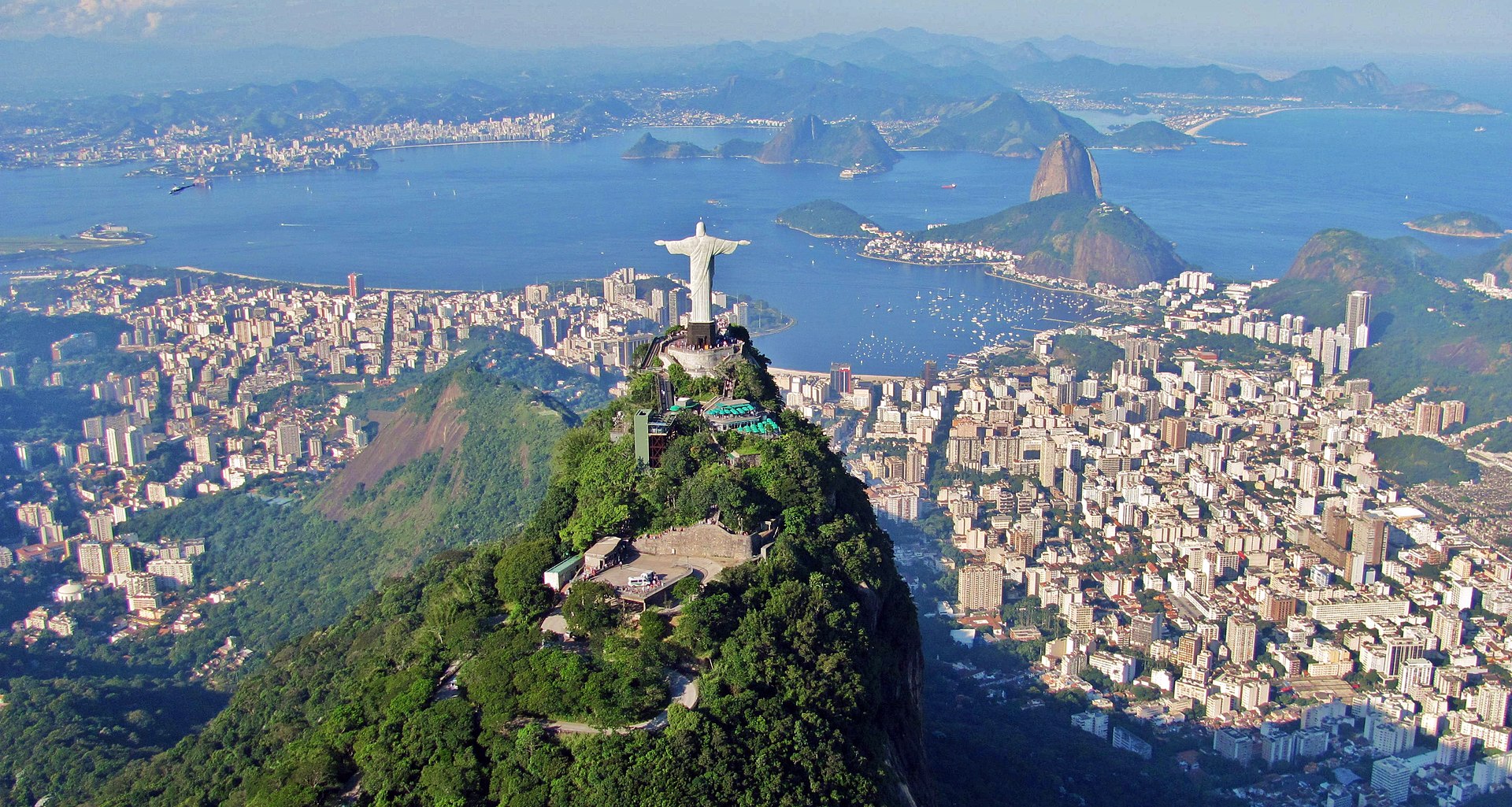
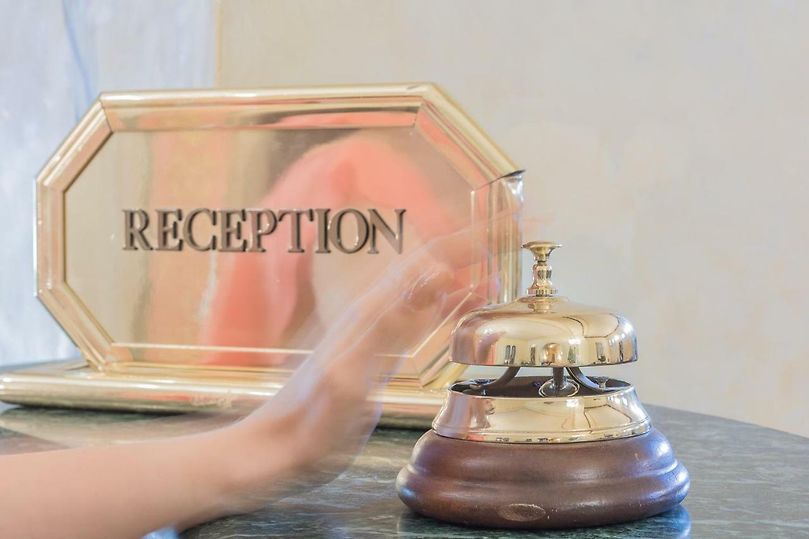
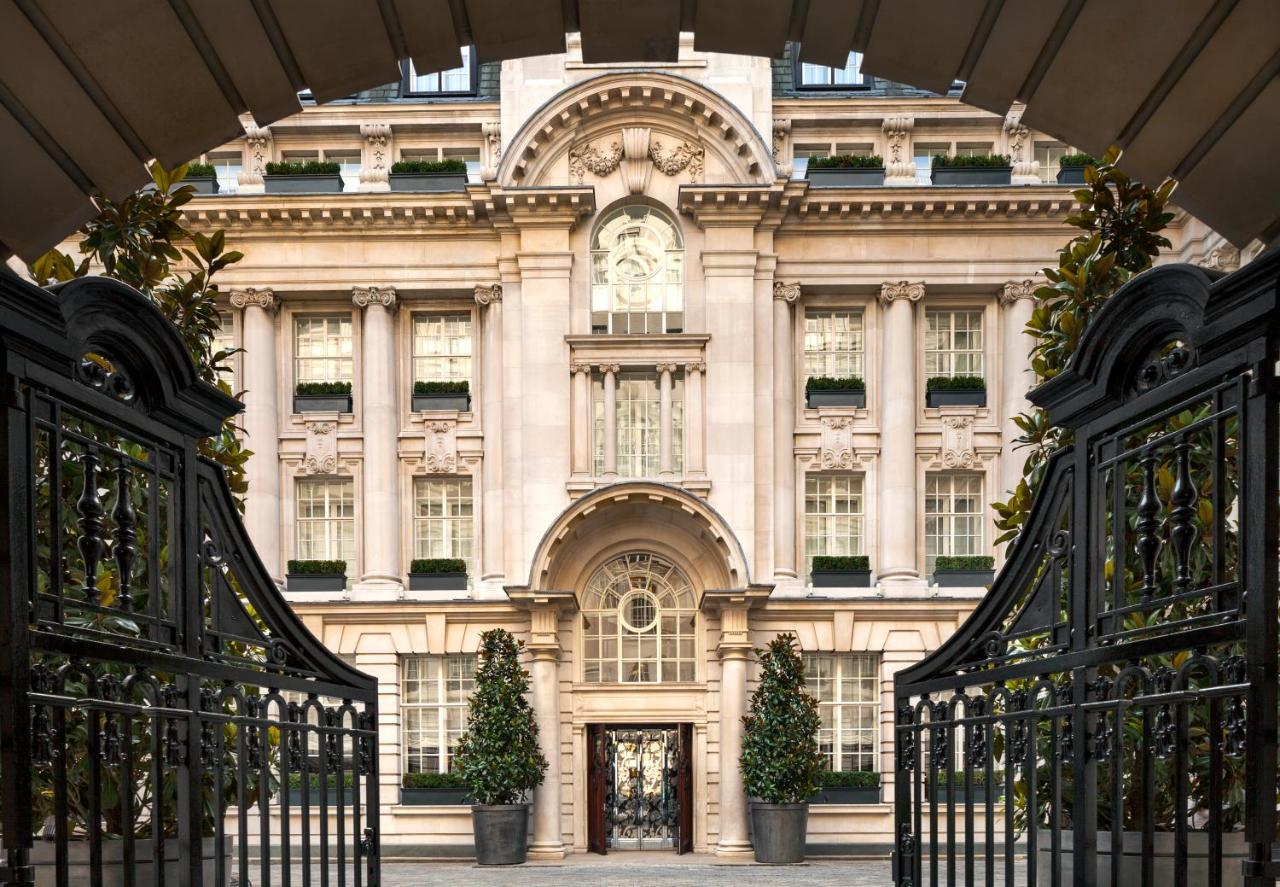
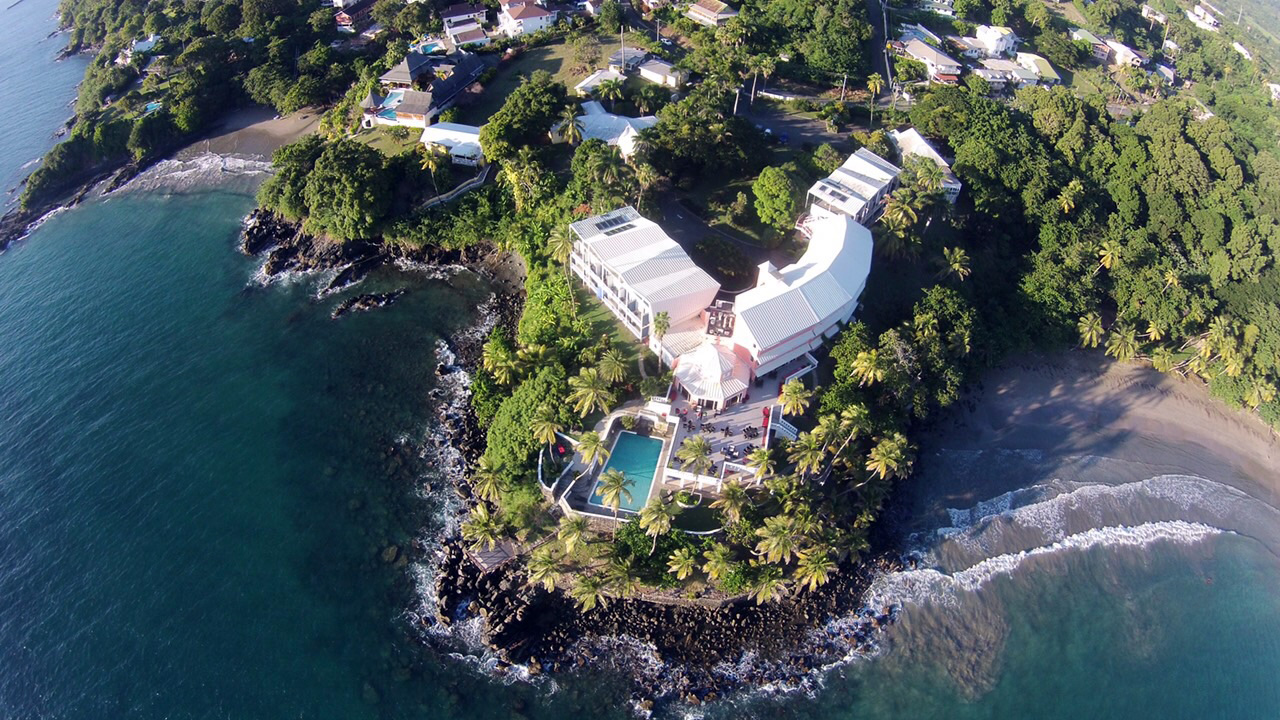
ASKING PRICE: POR
Majestic Boutique Hotel for sale in Bacolet Bay, Scarborough, Tobago, Trinidad and Tobago
About Us
Royals and film stars have been drawn to our historic hotel since the 1940's. It is said to be the site where Robinson Crusoe was stranded in 1659, according to Defoe's celebrated novel. Extensively renovated, this glamourous and romantic property combines the tradition of the old days with the best of modern facilities.
Stunning Beach
Our beautiful hotel is surrounded by the sea on three sides and immediately beside stunning Bacolet Beach, where the Robinson Crusoe film was shot and where you will be able to enjoy our 'No Problem' beach bar.
Ideal Location
We are little more than a 20-minute drive from the airport and just 5 minutes from the port.
Wedding Heaven
There couldn't be a more romantic spot for your wedding ceremony or honeymoon than our hotel. We can offer a range of wedding packages to suit every taste and will handle all the wedding formalities.
Award Winning
The hotel is a regular winner of industry awards, including "Tobago's Leading Hotel" in the annual World Travel Awards and "Tobago's Leading Boutique Hotel" from Caribbean Travel & Living Awards.
Explore our romantic boutique hotel
Modern & Spacious
Extensively renovated, this glamourous and romantic property combines the tradition of the old days with modern facilities. The hotel is surrounded on three sides by the sea and all 55 rooms offer breath-taking ocean views.
Cosy Rooms
Describing the hotel, Conde Nast Traveller commented “Elegant rooms overlook the sea and are so awash in the sunlight that they positively glow. The view from every room is a study in blue.”
Spectacular Views
Beautiful Bacolet Beach is just a 60-second stroll from the hotel. This is where the Robinson Crusoe film was shot and where you will find our 'No Problem' beach bar which serves lunch, snacks and, most importantly, refreshing drinks.
Tasty Food
Whether breakfast, lunch or dinner, we ensure that your dining experience is top notch. We offer a range of local and international delicacies and our chefs are versatile enough to cater for all tastes, including special dietary requirements.
Ultimate Relaxation
Whether you have spent the day swimming and relaxing on our beautiful beach, or enjoyed a game of tennis on our private tennis court, you can rely upon our hotel to provide the ultimate relaxation for which Tobago is famed.
Rooms
Superior Room
Our Superior rooms are fully airconditioned and offer comfortable luxury holiday accommodation. All rooms have a private balcony and spectacular sea views.
Features
Deluxe Room
Our Deluxe rooms are a little more spacious, but otherwise offer all the features of the Superior rooms.
Features
Junior Suite
The Junior Suites are our largest rooms and feature a fully furnished additional lounge area.
Features
Romantic Weddings
The Blue Haven Hotel is Tobago's most romantic venue and ideal for weddings or honeymoons and other family celebrations.
Wedding Packages
Our dedicated wedding coordinator will be delighted to help you choose from a selection of keenly priced all inclusive wedding packages. Or, tailor-make a package to suit your personal tastes and requirements.
Asian Weddings
Asian weddings are becoming more and more popular. We would be only too delighted to facilitate your arrangenments. Our team are on hand to assist and will ensure that your vision becomes reality.
Scarborough, Tobago, Trinidad
Scarborough is a major city of the Island of Tobago as well as the eleventh-most-populous in Trinidad and Tobago. Scarborough was the capital of Tobago in 1769 before it was unified with Trinidad changing the capital to Port of Spain. Situated in western Tobago, Scarborough is the economic and cultural centre of the island of Tobago. The estimated population in 2011 was 17,537. Scarborough is ranked as one of Trinidad and Tobago's most densely populated towns alongside Port of Spain, San Fernando, Chaguanas and Arima. The city's skyline is dominated by Fort King George, an 18th-century fortification named after King George III, which now hosts a historic and archaeologic museum. Scarborough's deepwater harbour was built in 1991; before that ships were forced to anchor offshore.
History
Scarborough became the capital of Tobago in 1769 when it replaced the then-capital of Georgetown. Under French rule it was named Port-Louis from 1789 to 1814. The city of Scarborough serves as the main seat of the Tobago House of Assembly, which is responsible for local governance in Tobago.
Transportation
A ferry service links Scarborough with Port of Spain, Trinidad. Like the rest of the island of Tobago, Scarborough is served by the A.N.R. Robinson International Airport (formerly Crown Point Airport) located in Crown Point which is located 8 miles from Downtown Scarborough. Scarborough is also served by the Claude Noel Highway.
Trinidad and Tobago
Tricidad and Tobago, officially the Republic of Trinidad and Tobago, is the southernmost island country in the Caribbean. Consisting of the main islands Trinidad and Tobago, and numerous much smaller islands, it is situated 130 kilometres (81 miles) south of Grenada and 11 kilometres (6.8 miles) off the coast of northeastern Venezuela. It shares maritime boundaries with Barbados to the northeast, Grenada to the northwest and Venezuela to the south and west. Trinidad and Tobago is generally considered to be part of the West Indies. According to some geographic definitions, Trinidad and Tobago are also part of the Windward Islands and Lesser Antilles, while other definitions regard Trinidad and Tobago as a separate island group.
The island of Trinidad was inhabited for centuries by Indigenous peoples before becoming a colony in the Spanish Empire, following the arrival of Christopher Columbus in 1498. Spanish governor José María Chacón surrendered the island to a British fleet under the command of Sir Ralph Abercromby in 1797. During the same period, the island of Tobago changed hands among Spanish, British, French, Dutch and Courlander colonists more times than any other island in the Caribbean. Trinidad and Tobago were ceded to Britain in 1802 under the Treaty of Amiens as separate states and unified in 1889. Trinidad and Tobago obtained independence in 1962, becoming a republic in 1976.
Trinidad and Tobago has the third highest GDP per capita based on purchasing power parity (PPP) in the Americas after the United States and Canada. It is recognised by the World Bank as a high-income economy. Unlike most Caribbean nations and territories, which rely heavily on tourism, the economy is primarily industrial with an emphasis on petroleum and petrochemicals; much of the nation's wealth is derived from its large reserves of oil and natural gas.
Trinidad and Tobago is well known for its African and Indian cultures, reflected in its large and famous Carnival, Diwali, and Hosay celebrations, as well being the birthplace of steelpan, the limbo, and music styles such as calypso, soca, rapso, parang, chutney, and chutney soca.
Toponymy
Historian E. L. Joseph claimed that Trinidad's Indigenous name was Cairi or "Land of the Humming Bird", derived from the Arawak name for hummingbird, ierèttê or yerettê. However, other authors dispute this etymology with some claiming that cairi does not mean hummingbird (tukusi or tucuchi being suggested as the correct word) and some claiming that kairi, or iere, simply means island. Christopher Columbus renamed it "La Isla de la Trinidad" ("The Island of the Trinity"), fulfilling a vow made before setting out on his third voyage of exploration. Tobago's cigar-like shape, or the use of tobacco by the native people, may have given it its Spanish name (cabaco, tavaco, tobacco) and possibly some of its other Indigenous names, such as Aloubaéra (black conch) and Urupaina (big snail), although the English pronunciation is /təˈbeɪɡoʊ/.
History
Geological history
The islands that make up modern-day Trinidad and Tobago lie at the southern end of the Lesser Antilles group. By 150 million years ago, in the further advance of the Atlantic Ocean's open-up, they began to emerge from volcanic subduction in edge of the Caribbean Plate.[citation needed][dubious ]
Indigenous peoples
Both Trinidad and Tobago were originally settled by Indigenous people who came through South America. Trinidad was first settled by pre-agricultural Archaic people at least 7,000 years ago, making it the earliest settled part of the Caribbean. Banwari Trace in south-west Trinidad is the oldest attested archaeological site in the Caribbean, dating to about 5000 BC. Several waves of migration occurred over the following centuries, which can be identified by differences in their archaeological remains. At the time of European contact, Trinidad was occupied by various Arawakan-speaking groups including the Nepoya and Suppoya, and Cariban-speaking groups such as the Yao, while Tobago was occupied by the Island Caribs and Galibi. Trinidad was known to the native peoples as "Ieri" ("Land of the Humming Bird").
European colonisation
Christopher Columbus was the first European to see Trinidad, on his third voyage to the Americas in 1498. He also reported seeing Tobago on the distant horizon, naming it Bellaforma, but did not land on the island.
In the 1530s Antonio de Sedeño, a Spanish soldier intent on conquering the island of Trinidad, landed on its southwest coast with a small army of men, intending to subdue the Indigenous population of the island. Sedeño and his men fought the native peoples on many occasions, and subsequently built a fort. The next few decades were generally spent in warfare with the native peoples, until in 1592, the "Cacique" (native chief) Wannawanare (also known as Guanaguanare) granted the area around modern Saint Joseph to Domingo de Vera e Ibargüen, and withdrew to another part of the island.[27] The settlement of San José de Oruña was later established by Antonio de Berrío on this land in 1592. Shortly thereafter the English sailor Sir Walter Raleigh arrived in Trinidad on 22 March 1595 in search of the long-rumoured "El Dorado" ("City of Gold") supposedly located in South America. He attacked San José, captured and interrogated Antonio de Berrío, and obtained much information from him and from the Cacique Topiawari; Raleigh then went on his way, and Spanish authority was restored.
Meanwhile, there were numerous attempts by European powers to settle Tobago during the 1620-40s, with the Dutch, English and Couronians (people from the Duchy of Courland and Semigallia, now part of Latvia) all attempting to colonise the island with little success. From 1654 the Dutch and Courlanders managed to gain a more secure foothold, later joined by several hundred French settlers. A plantation economy developed based on the production of sugar, indigo and rum, worked by large numbers of African slaves who soon came to vastly outnumber the European colonists. Large numbers of forts were constructed as Tobago became a source of contention between France, Netherlands and Britain, with the island changing hands some 31 times prior to 1814, a situation exacerbated by widespread piracy.The British managed to hold Tobago from 1762 to 1781, whereupon it was captured by the French, who ruled until 1793 when Britain re-captured the island.
The 17th century on Trinidad passed largely without major incident, but sustained attempts by the Spaniards to control and rule over the Indigenous population was often fiercely resisted. In 1687 the Catholic Catalan Capuchin friars were given responsibility for the conversions of the indigenous people of Trinidad and the Guianas. They founded several missions in Trinidad, supported and richly funded by the state, which also granted encomienda right to them over the native peoples, in which the native peoples were forced to provide labour for the Spanish.[29] One such mission was Santa Rosa de Arima, established in 1689, when Indigenous people from the former encomiendas of Tacarigua and Arauca (Arouca) were relocated further west. Escalating tensions between the Spaniards and Indigenous people culminated in violence 1689, when Indigenous people in the San Rafael encomienda rebelled and killed several priests, attacked a church, and killed the Spanish governor José de León y Echales. Among those killed in the governor's party was Juan Mazien de Sotomayor, missionary priest to the Nepuyo villages of Caura, Tacarigua and Arauca.[36] The Spanish retaliated severely, slaughtering hundreds of native peoples in an event that became known as the Arena massacre. As a result, continuing Spanish slave-raiding, and the devastating impact of introduced disease to which they had no immunity, the native population was virtually wiped out by the end of the following century.
During this period Trinidad was an island province belonging to the Viceroyalty of New Spain, together with Central America, present-day Mexico and what would later become the southwestern United States. In 1757 the capital was moved from San José de Oruña to Puerto de España (modern Port of Spain) following several pirate attacks. However the Spanish never made any concerted effort to colonise the islands; Trinidad in this period was still mostly forest, populated by a few Spaniards with a handful of slaves and a few thousand Indigenous people. Indeed, the population in 1777 was only 1,400, and Spanish colonisation in Trinidad remained tenuous.
Influx of French settlers
In 1777, the captain general Luis de Unzaga 'le Conciliateur', married to a French Creole, allowed free trade in Trinidad, attracting French settlers and its economy improved notably. Since Trinidad was considered underpopulated, Roume de St. Laurent, a Frenchman living in Grenada, was able to obtain a Cédula de Población from the Spanish king Charles III on 4 November 1783. A Cédula de Población had previously been granted in 1776 by the king, but had not shown results, and therefore the new Cédula was more generous. It granted free land and tax exemption for 10 years to Roman Catholic foreign settlers who were willing to swear allegiance to the King of Spain.The land grant was 30 fanegas (13 hectares/32 acres) for each free man, woman and child and half of that for each slave that they brought with them. The Spanish sent a new governor, José María Chacón, to implement the terms of the new cédula.
The Cédula was issued only a few years before the French Revolution. During that period of upheaval, French planters with their slaves, free coloureds and mulattos from the neighbouring islands of Martinique, Saint Lucia, Grenada, Guadeloupe and Dominica migrated to Trinidad, where they established an agriculture-based economy (sugar and cocoa). These new immigrants established local communities in Blanchisseuse, Champs Fleurs, Paramin, Cascade, Carenage and Laventille.
As a result, Trinidad's population jumped to over 15,000 by the end of 1789, and by 1797 the population of Port of Spain had increased from under 3,000 to 10,422 in just five years, with a varied population of mixed race individuals, Spaniards, Africans, French republican soldiers, retired pirates and French nobility. The total population of Trinidad was 17,718, of which 2,151 were of European ancestry, 4,476 were "free blacks and people of colour", 10,009 were enslaved people and 1,082 Indigenous people.[citation needed] The sparse settlement and slow rate of population-increase during Spanish rule (and even later during British rule) made Trinidad one of the less populated colonies of the West Indies, with the least developed plantation infrastructure.
British rule
British rule led to an influx of settlers from the United Kingdom and the British colonies of the Eastern Caribbean. English, Scots, Irish, German and Italian families arrived, as well as some free blacks known as "Merikins" who had fought for Britain in the War of 1812 and were granted land in southern Trinidad. Under British rule, new states were created and the importation of slaves increased, however by this time support for abolitionism had vastly increased and in England the slave trade was under attack. Slavery was abolished in 1833, after which former slaves served an "apprenticeship" period. In 1837 Daaga, a West African slave trader who had been captured by Portuguese slavers and later rescued by the British navy, was conscripted into the local regiment. Daaga and a group of his compatriots mutinied at the barracks in St Joseph and set out eastward in an attempt to return to their homeland. The mutineers were ambushed by a militia unit just outside the town of Arima. The revolt was crushed at the cost of some 40 dead, and Daaga and his party were later executed at St Joseph. The apprenticeship system ended on 1 August 1838 with full emancipation. An overview of the population statistics in 1838, however, clearly reveals the contrast between Trinidad and its neighbouring islands: upon emancipation of the slaves in 1838, Trinidad had only 17,439 slaves, with 80% of slave owners having enslaved fewer than 10 people each.In contrast, at twice the size of Trinidad, Jamaica had roughly 360,000 slaves.
Arrival of Indian Indentured Labourers
Indentureship contracts were sometimes exploitative, to such an extent that historians such as Hugh Tinker were to call it "a new system of slavery". Despite these descriptions, it was not truly a new form of slavery, as workers were paid, contracts were finite, and the idea of an individual being another's property had been eliminated when slavery was abolished. In addition, employers of indentured labour had no legal right to flog or whip their workers; the main legal sanction for the enforcement of the indenture laws was prosecution in the courts, followed by fines or (more likely) jail sentences. People were contracted for a period of five years, with a daily wage as low as 25 cents in the early 20th century, and they were guaranteed return passage to India at the end of their contract period. However, coercive means were often used to retain labourers, and the indentureship contracts were soon extended to 10 years from 1854 after the planters complained that they were losing their labour too early. In lieu of the return passage, the British authorities soon began offering portions of land to encourage settlement, and by 1902, more than half of the sugar cane in Trinidad was being produced by independent cane farmers; the majority of which were Indians. Despite the trying conditions experienced under the indenture system, about 90% of the Indian immigrants chose, at the end of their contracted periods of indenture, to make Trinidad their permanent home. East Indians entering the colony were also subject to certain crown laws which segregated them from the rest of Trinidad's population, such as the requirement that they carry a pass with them if they left the plantations, and that if freed, they carry their "Free Papers" or certificate indicating completion of the indenture period.
Few Indians settled on Tobago however, and the descendants of African slaves continued to form the majority of the island's population. An ongoing economic slump in the middle-to-late 19th century caused widespread poverty. Discontent erupted into rioting on the Roxborough plantation in 1876, in an event known as the Belmanna Uprising after a policeman who was killed. The British eventually managed to restore control, however, as a result of the disturbances Tobago's Legislative Assembly voted to dissolve itself and the island became a Crown colony in 1877. With the sugar industry in a state of near-collapse and the island no longer profitable, the British attached Tobago to their Trinidad colony in 1889.
Early 20th century
In 1903, a protest against the introduction of new water rates in Port of Spain erupted into rioting; 18 people were shot dead, and the Red House (the government headquarters) was damaged by fire.] A local elected assembly with some limited powers was introduced in 1913. Economically Trinidad and Tobago remained a predominantly agricultural colony; alongside sugarcane, the cacao (cocoa) crop also contributed greatly to economic earnings in the late 19th and early 20th centuries.
In November 1919, the dockworkers went on strike over bad management practices, low wages compared to a higher cost of living. Strikebreakers were brought in to keep a minimum of goods moving through the ports. On 1 December 1919, the striking dockworkers rushed the harbour and chased off the strikebreakers. They then proceeded to march on the government buildings in Port of Spain. Other unions and workers, many with the same grievances, joined the dock worker's strike making it a General Strike. Violence broke out and was only put down with help from the sailors of British Naval ship HMS Calcutta. The unity brought upon by the strike was the first time of cooperation between the various ethnic groups of the time. Historian Brinsley Samaroo says that the 1919 strikes "seem to indicate that there was a growing class consciousness after the war and this transcended racial feelings at times."
However, in the 1920s, the collapse of the sugarcane industry, concomitant with the failure of the cocoa industry, resulted in widespread depression among the rural and agricultural workers in Trinidad, and encouraged the rise of a labour movement. Conditions on the islands worsened in the 1930s with the onset of the Great Depression, with an outbreak of labour riots occurring in 1937 which resulted in several deaths.The labour movement aimed to unite the urban working class and agricultural labour class; the key figures being Arthur Cipriani, who led the Trinidad Workingmen's Association (TWA), and Tubal Uriah "Buzz" Butler of the British Empire Citizens' and Workers' Home Rule Party. As the movement developed calls for greater autonomy from British colonial rule became widespread; this effort was severely undermined by the British Home Office and by the British-educated Trinidadian elite, many of whom were descended from the plantocracy class.
Petroleum had been discovered in 1857, but became economically significant only in the 1930s and afterwards as a result of the collapse of sugarcane and cocoa, and increasing industrialization. By the 1950s petroleum had become a staple in Trinidad's export market, and was responsible for a growing middle class among all sections of the Trinidad population. The collapse of Trinidad's major agricultural commodities, followed by the Depression, and the rise of the oil economy, led to major changes in the country's social structure.
The presence of American military bases in Chaguaramas and Cumuto in Trinidad during World War II had a profound effect on society. The Americans vastly improved the infrastructure on Trinidad and provided many locals with well-paying jobs; however, the social effects of having so many young soldiers stationed on the island, as well as their often unconcealed racial prejudice, caused resentment. The Americans left in 1961.
In the post-war period the British began a process of decolonisation across the British Empire. In 1945 universal suffrage was introduced to Trinidad and Tobago. Political parties emerged on the island, however these were largely divided along racial lines: Afro-Trinidadians and Tobagonians primarily supported the People's National Movement (PNM), formed in 1956 by Eric Williams, with Indo-Trinidadians and Tobagonians mostly supporting the People's Democratic Party (PDP), formed in 1953 by Bhadase Sagan Maraj, which later merged into the Democratic Labour Party (DLP) in 1957. Britain's Caribbean colonies formed the West Indies Federation in 1958 as a vehicle for independence, however the Federation dissolved after Jamaica withdrew following a membership referendum in 1961. The government of Trinidad and Tobago subsequently chose to seek independence from the United Kingdom on its own.
Contemporary era
Trinidad and Tobago gained its independence from the United Kingdom on 31 August 1962. Elizabeth II remained head of state as Queen of Trinidad and Tobago, represented locally by Governor-General Solomon Hochoy. Eric Williams of the PNM, a noted historian and intellectual widely regarded as "The Father of The Nation", became the first Prime Minister, serving in that capacity uninterrupted until 1981. The dominant figure in the opposition in the early independence years was Rudranath Capildeo of the DLP. The 1960s saw the rise of a Black Power movement, inspired in part by the civil rights movement in the United States. Protests and strikes became common, with events coming to head in April 1970 when police shot dead a protester named Basil Davis.] Fearing a breakdown of law and order, Prime Minister Williams declared a state of emergency and ordered that many of the Black Power leaders be arrested. Some army leaders who were sympathetic to the Black Power movement, notably Raffique Shah and Rex Lassalle, attempted to mutiny; however, this was quashed by the Trinidad and Tobago Coast Guard. Williams and the PNM retained power, largely due to divisions in the opposition.
In 1963 Tobago was struck by Hurricane Flora, which killed 30 people and resulted in enormous destruction across the island. Partly as a result of this, tourism came to replace agriculture as the island's primary source of income in the subsequent decades.
Between the years 1972 and 1983, the country profited greatly from the rising price of oil and the discovery of vast new oil deposits in its territorial waters, resulting in an economic boom that substantially increased living standards.In 1976 the country became a republic within the Commonwealth, though it retained the Judicial Committee of the Privy Council as its final appellate court.[10] The position of governor-general was replaced with that of President; Ellis Clarke was the first to hold this largely ceremonial role. Tobago was granted limited self-rule with the creation of the Tobago House of Assembly in 1980.
Williams died in 1981, being replaced by George Chambers who led the country until 1986. By this time a fall in the price of oil had resulted in a recession, causing rising inflation and unemployment.The main opposition parties united under the banner of National Alliance for Reconstruction (NAR) and won the 1986 Trinidad and Tobago general election, with NAR leader A. N. R. Robinson becoming the new Prime Minister. Robinson was unable to hold together the fragile NAR coalition, and his economic reforms, such as the implementation of an International Monetary Fund Structural Adjustment Program and devaluation of currency led to social unrest. [10] In 1990, 114 members of the Jamaat al Muslimeen, led by Yasin Abu Bakr (formerly known as Lennox Phillip) stormed the Red House (the seat of Parliament), and Trinidad and Tobago Television, the only television station in the country at the time, holding Robinson and country's government hostage for six days before surrendering. The coup leaders were promised amnesty, but upon their surrender they were arrested, ultimately being released after protracted legal wrangling.
The PNM under Patrick Manning returned to power following the 1991 Trinidad and Tobago general election. Hoping to capitalise on an improvement in the economy, Manning called an early election in 1995, however, this resulted in a hung parliament. Two NAR representatives backed the opposition United National Congress (UNC), which had split off from the NAR in 1989, and they thus took power under Basdeo Panday, who became the country's first Indo-Trinidadian Prime Minister. After a period of political confusion caused by a series of inconclusive election results, Patrick Manning returned to power in 2001, retaining that position until 2010.
In 2003 the country entered a second oil boom, and petroleum, petrochemicals and natural gas continue to be the backbone of the economy. Tourism and the public service are the mainstay of the economy of Tobago, though authorities have attempted to diversify the island's economy. A corruption scandal resulted in Manning's defeat by the newly formed People's Partnership coalition in 2010, with Kamla Persad-Bissessar becoming the country's first female Prime Minister. However, corruption allegations bedevilled the new administration, and the PP were defeated in 2015 by the PNM under Keith Rowley. In August 2020, the governing People's National Movement won general election, earning the incumbent Prime Minister Keith Rowley a second term in office.
Geography
Trinidad and Tobago is situated between 10° 2' and 11° 12' N latitude and 60° 30' and 61° 56' W longitude, with the Caribbean Sea to the north, the Atlantic Ocean to the east and south, and the Gulf of Paria to the west. It is located in the far south-east of the Caribbean region, with the island of Trinidad being just 11 kilometres (6.8 mi) off the coast of Venezuela in mainland South America across the Columbus Channel. The islands are a physiographical extension of South America. Covering an area of 5,128 km2 (1,980 sq mi), the country consists of two main islands, Trinidad and Tobago, separated by a 20-mile (32 km) strait, plus a number of much smaller islands, including Chacachacare, Monos, Huevos, Gaspar Grande (or Gasparee), Little Tobago, and Saint Giles Island.
Trinidad is 4,768 km2 (1,841 sq mi) in area (comprising 93.0% of the country's total area) with an average length of 80 kilometres (50 mi) and an average width of 59 kilometres (37 mi). Tobago has an area of about 300 km2 (120 sq mi), or 5.8% of the country's area, is 41 km (25 mi) long and 12 km (7.5 mi) at its greatest width. Trinidad and Tobago lie on the continental shelf of South America, and are thus geologically considered to lie entirely in South America.
The terrain of the islands is a mixture of mountains and plains. On Trinidad the Northern Range runs parallel with the north coast, and contains the country's highest peak (El Cerro del Aripo), which is 940 metres (3,080 ft) above sea level, and second highest (El Tucuche, 936 metres (3,071 ft)). The rest of the island is generally flatter, excluding the Central Range and Montserrat Hills in the centre of the island and the Southern Range and Trinity Hills in the south. The three mountain ranges determine the drainage pattern of Trinidad. The east coast is noted for its beaches, most notably Manzanilla Beach. The island contains several large swamp areas, such as the Caroni Swamp and the Nariva Swamp.[10] Major bodies of water on Trinidad include the Hollis Reservoir, Navet Reservoir, Caroni Reservoir. Trinidad is made up of a variety of soil types, the majority being fine sands and heavy clays. The alluvial valleys of the Northern Range and the soils of the East–West Corridor are the most fertile. Trinidad is also notable for containing Pitch Lake, the largest natural reservoir of asphalt in the world. Tobago contains a flat plain in its south-west, with the eastern half of the island being more mountainous, culminating in Pigeon Peak, the island's highest point at 550 metres (1,800 ft). Tobago also contains several coral reefs off its coast.
The majority of the population reside on the island of Trinidad, and this is thus the location of largest towns and cities. There are four major municipalities in Trinidad: the capital Port of Spain, San Fernando, Arima and Chaguanas. The main town on Tobago is Scarborough.
Climate
Trinidad and Tobago has a maritime tropical climate. There are two seasons annually: the dry season for the first five months of the year, and the rainy season in the remaining seven of the year. Winds are predominantly from the northeast and are dominated by the northeast trade winds. Unlike many Caribbean islands Trinidad and Tobago lies outside the main hurricane alleys; nevertheless, the island of Tobago was struck by Hurricane Flora on 30 September 1963. In the Northern Range of Trinidad, the climate is often cooler than that of the sweltering heat of the plains below, due to constant cloud and mist cover, and heavy rains in the mountains.
Record temperatures for Trinidad and Tobago are 39 °C (102 °F)] for the high in Port of Spain, and a low of 12 °C (54 °F).
Economy
Cliff Jacobs (Nat Dpl Hotel Man (UJ). MPRE. GA Level 5 TEFL) Managing Principal / CEO Exquisite Hotel Consultants (Pty) Ltd Mobile: +27 (0) 84 413 1071 / +27 (0) 61 716 6951 Email: cliff@exquisitehotelconsultants.com Web: https://www.exquisitehotelconsultants.com © All rights reserved Terms and Conditions apply Scroll down to view our Hospitality Properties and Businesses for sale or lease or lease-to-buy or partnership arrangement or management agreement arrangement.



 Name: BondExcel
Name: BondExcel Mortgage Origination
We interface with all of the major banks in South Africa to ensure that you get the right home loan solution at the best possible rate.
Looking forward to assist you with your home loan application!
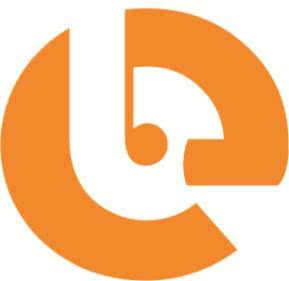 Name: Businessentials For Hospitality
Name: Businessentials For Hospitality Hospitality Consulting, Accounting, Bookkeeping and Payroll Services
 Name: Capital Efficiency Group
Name: Capital Efficiency Group Corporate Finance, Tax & Accounting and Treasury Services.
Attorneys, Notaries and Conveyancers
 Name: D E I R D R E R E N N I E R S Interior Design
Name: D E I R D R E R E N N I E R S Interior Design Interior Design
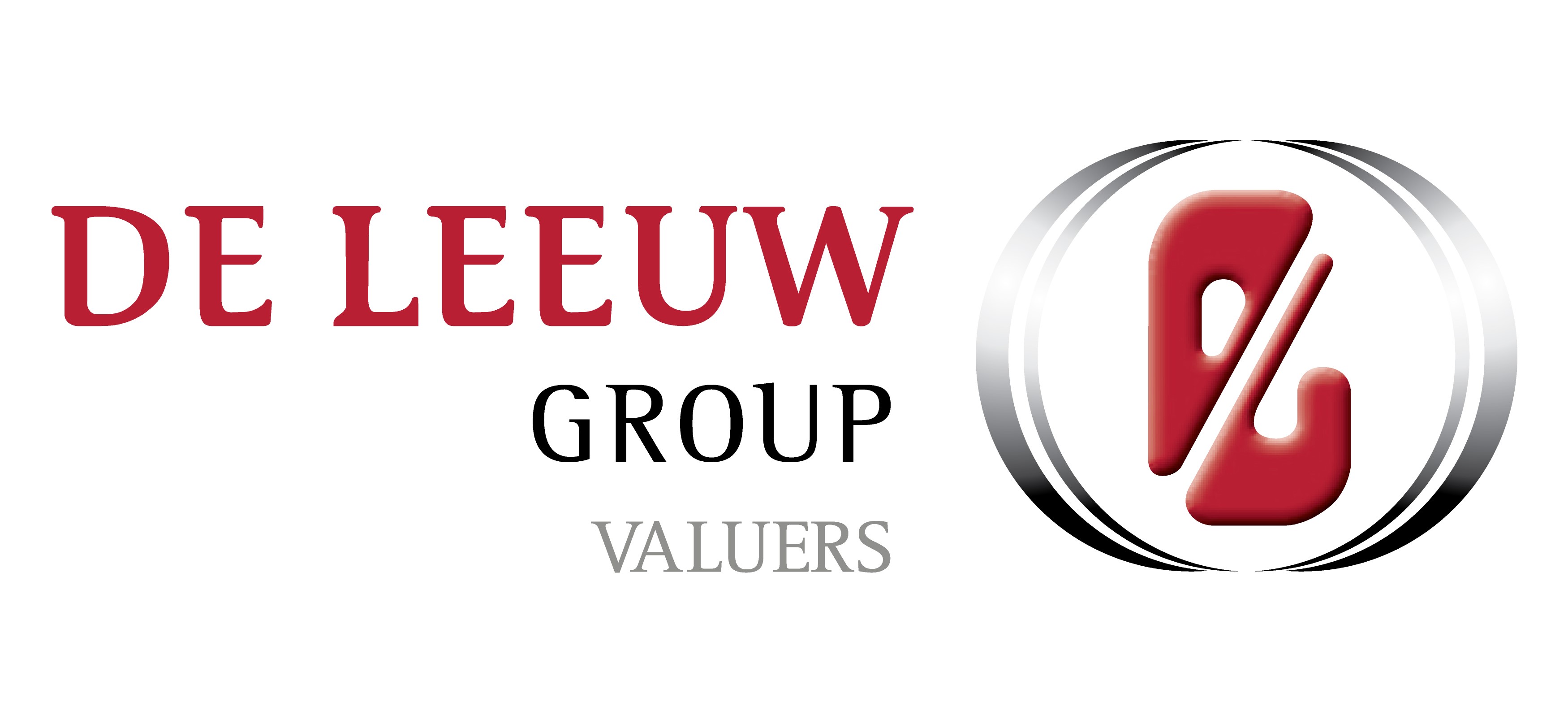 Name: De Leeuw Valuers Cape Town
Name: De Leeuw Valuers Cape Town Property Valuation Services
 Name: E C Mobility
Name: E C Mobility International property, law and immigration
 Name: Edward Tokolo Kasete
Name: Edward Tokolo Kasete Real Estate Specialist - Our Associate in Namibia
We offer an international platform of specialist hospitality property and/or business brokering services by listing and marketing for sale or lease or by investment partner arrangement or management agreement arrangement of a variety of hospitality products (i.e. hotels, resorts, boutique hotels, guest houses, guest lodges, B&Bs, game resorts, wine farms, yachts, cruise liners, etc) through our association with EC Mobility (in Portugal and Spain), BON Hotels (Africa), Giovanni Conti (Italy, North and East Africa, Sri Lanka), Nuno Boquinhas (Portugal, Azores, Madeira, Mozambique), Property 24, Seeff Property Services, Harcourts, Realnet, RE/MAX, Dogon Property Group, Rawson Estates, among many other prominent commercial estate agencies throughout Southern Africa - and now we are entering other African Countries on the East and West Coasts of Africa and moving further abroad! To date, Exquisite Hotel Consultants has a presence in over 80 countries - and counting...
Working with the above-mentioned agencies and others provides the largest possible reach nationally and internationally for all prospective buyers and sellers wishing to enter or exit the Hospitality Industry.
Sister websites have been opened in the following countries: United Kingdom: see www.exquisitehotelconsultants.co.uk, and in Germany: see www.exquisitehotelconsultants.de, and in the United States of America: see www.exquisitehotelconsultants.us.
Please note that several of our hospitality properties and/or businesses for sale or lease or through business partnership arrangements or management contracts are officially "Off-Market" - mainly for privacy reasons. Therefore, they are not listed as part of our hospitality properties/businesses for sale or lease stock. Please contact me for further details.
Should you be considering to sell or buy or lease or obtain a partnership arrangement or management agreement arrangement for your hotel, boutique hotel, resort, guest house, B&B, game lodge, game resort, guest farm, yacht or cruise liner etc, I would be most pleased to provide you with further details of our way of working to effectively market and sell your property(ies) and/or business(es).
 Name: Electrolux Professional
Name: Electrolux Professional Food Service, Beverage and Laundry Solutions
Electrolux Professional is a leading global provider of foodservice, beverage and laundry solutions, serving a wide range of customers globally, from restaurants and hotels to healthcare, educational and other service facilities.
 Name: Exquisite Hotel Consultants' Hospitality Training Department
Name: Exquisite Hotel Consultants' Hospitality Training Department Learn to speak Hotel English (one-to-one online course)
Our TEFL trained tutors teach the following functions
The course consists of 21 lessons (4 to 5 one-hour lessons per month).
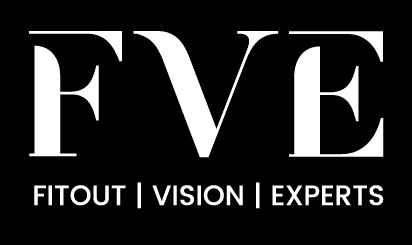 Name: FVE Interiors
Name: FVE Interiors Interior Design
 Name: Healing Earth
Name: Healing Earth Hotel Amenities - inspired by Africa
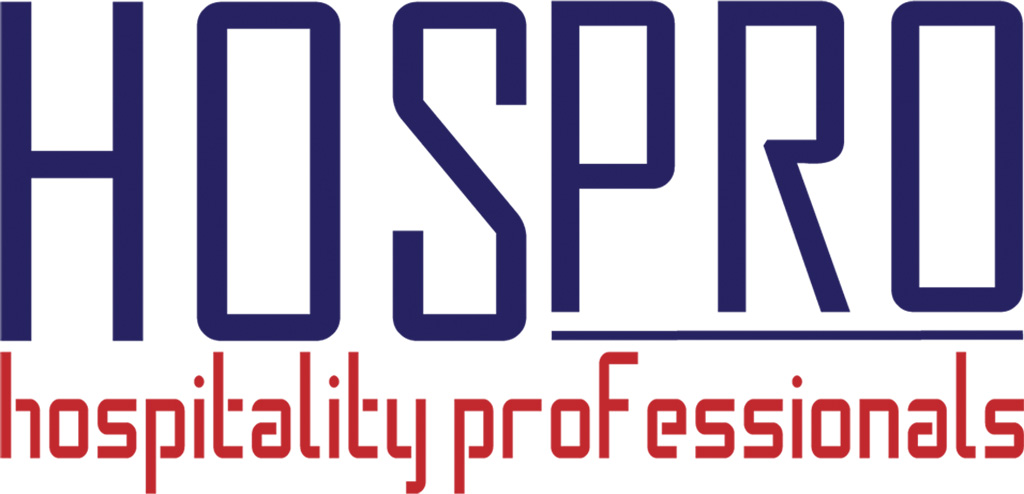 Name: Hospro
Name: Hospro Hospitality Consultancy and Procurement
 Name: Hotel Revenue Management
Name: Hotel Revenue Management Revenue (yield) Management
Online room inventory Distribution & Rates optimisation
Implementation of Best Available Rate (BAR), in conjunction with point 1 & 2
 Name: Indigo Real Estate Agency
Name: Indigo Real Estate Agency Real Estate Agency - Our Associate in Mozambique
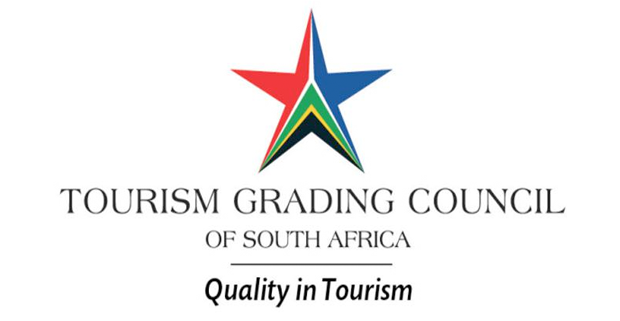 Name: Lisa Dunn - Tourism Grading Assessor
Name: Lisa Dunn - Tourism Grading Assessor Tourism Grading Assessment
 Name: Ooba (Pty) Ltd
Name: Ooba (Pty) Ltd Mortgage Origination
ooba offers you:
 Name: SK Sambu Tours & Transfers
Name: SK Sambu Tours & Transfers Johannesburg based Tours & Transfers Operator
We look forward to being of service to you.
Kind regards
King Sambu
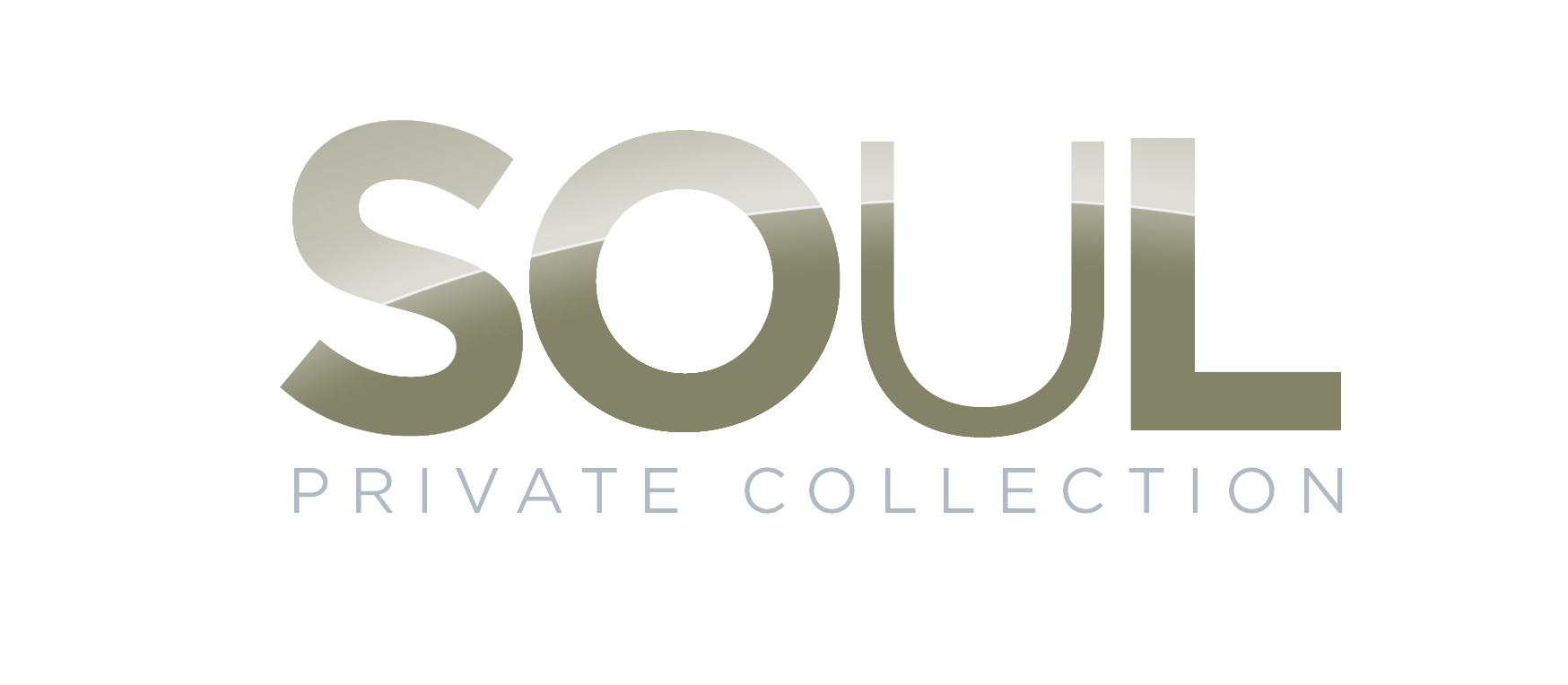 Name: Soul Private Collection
Name: Soul Private Collection Hotel Management and Marketing
 Name: The Dumb Butler Hospitality Suppliers
Name: The Dumb Butler Hospitality Suppliers Hotel Linen Suppliers
LUX Award Winners 2021 for The Best Hospitality Suppliers. We are a proudly South African brand established in 2006.
We Supply:
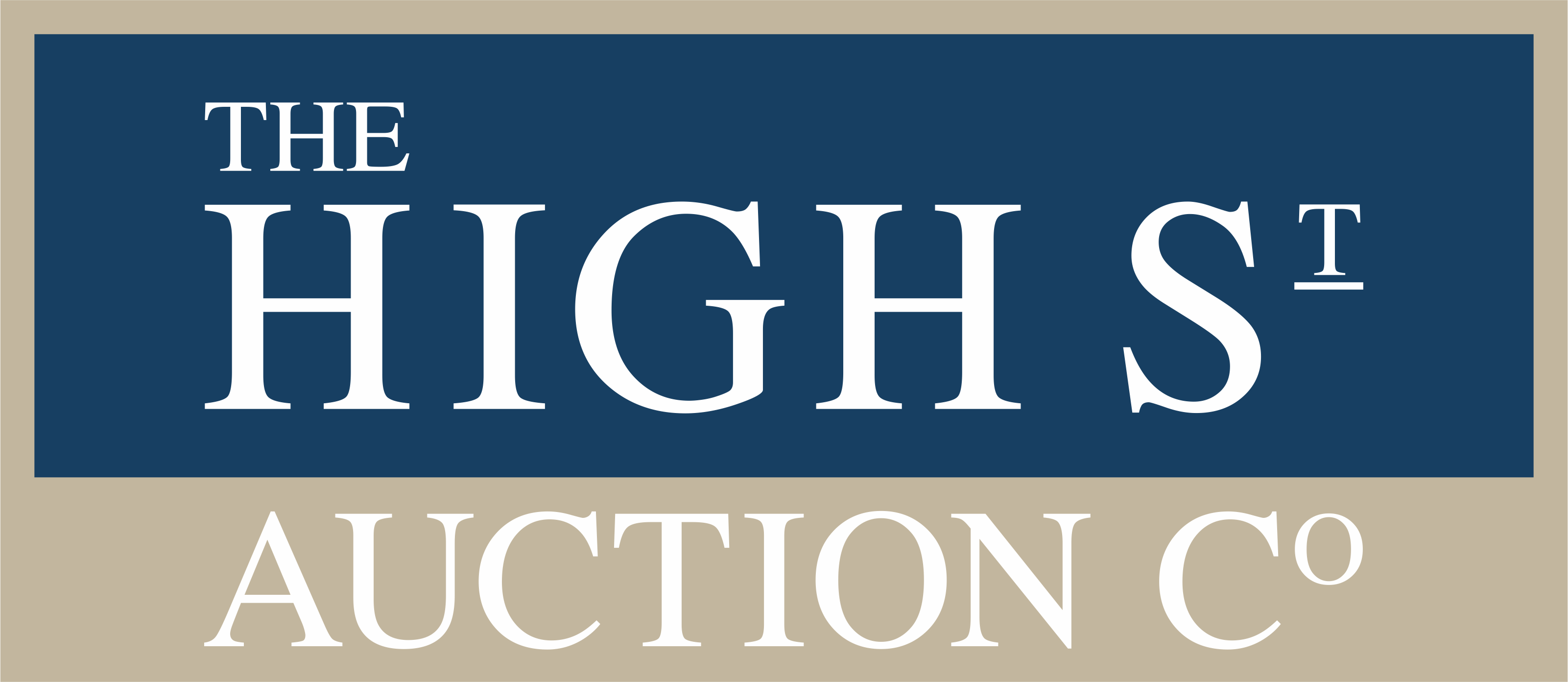 Name: The High Street Auction Company
Name: The High Street Auction Company
Property Auctioneers
Appreciating Property Value
 Name: Touch Point Retail
Name: Touch Point Retail Smart Interior Design
Cliff Jacobs (Nat Dpl Hotel Man (UJ). MPRE. GA Level 5 TEFL) Managing Principal / CEO Exquisite Hotel Consultants (Pty) Ltd Mobile: +27 (0) 84 413 1071 / +27 (0) 61 716 6951 Email: cliff@exquisitehotelconsultants.com Web: https://www.exquisitehotelconsultants.com © All rights reserved Terms and Conditions apply Scroll down to view our Hospitality Properties and Businesses for sale or lease or lease-to-buy or partnership arrangement or management agreement arrangement.